
andBeyond game drive in the Serengeti
Joss Kent is a born adventurer. Son of LUX columnist and Abercrombie & Kent CEO Geoffrey Kent, Joss left behind the family legacy to run luxury travel company, andBeyond.
With safari camps all over Africa, and hotels and lodges in select locations across Asia and South America, andBeyond is renowned for its creative approach, commitment to sustainability and spontaneous guest surprises (think champagne breakfast served at sunrise under an ancient baobab tree in the African bush).
Digital Editor Millie Walton speaks to CEO Joss Kent about the excitement and challenges of creating luxury escapes in some of the wildest places on earth
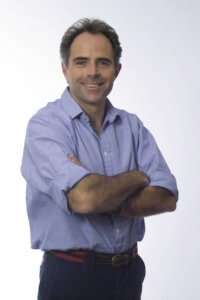
Joss Kent
LUX: What makes andBeyond different from other luxury travel companies?
Joss Kent: What sets us apart is our 27 years of experience and the passionate people who make up the andBeyond team. I am fortunate enough to run a company that is full of talented people who care deeply about what they do. They are, I think, principally driven by the belief that they can make a difference in the world we live in. It is andBeyond’s sole purpose to strive to leave our world better than we found it through our impact model of care of land, wildlife, and people. Alongside this, we also offer extraordinary guest experiences in Africa, Asia and South America.
LUX: andBeyond works with architects to create unique safari camps that differ from the traditional camp image, such as the andBeyond Sandibe Okavango Delta Lodge. What’s the andBeyond design brief? Is there one?
Joss Kent: With a more aware breed of traveller looking towards responsible luxury travel, lodge design is rapidly evolving. As a result, we are focusing our energy and time on trying to make sure that we build sustainably but, at the same time, don’t lose the creative edge that differentiates our guests’ experience. Our large number of lodge refurbishments and new builds showcases the wide range of design that the company’s portfolio encompasses. At the same time, we make sure that sustainability is an entrenched part of the design process. We believe that less is often more and emphasise the field experience that our rangers, guides and hosts offer over opulent lodge design. I believe that the game lodge of the future has a light footprint and uses 100% renewable energy. It uses no plastic, has a zero-carbon offset, a sensitive ecological footprint and a sensitive design, with a strong sense of place.
Follow LUX on Instagram: the.official.lux.magazine
LUX: Lots of people assume that luxury and sustainability don’t mix, but andBeyond is proving otherwise. What are some of the sustainability challenges that you are currently facing?
Joss Kent: Because some of the areas where we operate are in less developed countries, certain services are not readily available. For example, in South Africa recycling is easy to do. We have helped to set up community businesses near our lodges that collect our recyclable waste, sort it and sell it on to bigger recycling companies. In countries such as Botswana, Tanzania, Kenya or Namibia, which are less developed or where our lodges are a lot more remote, this is not as easy to do. In these cases, where we cannot recycle, we try to reduce our waste as much as possible.
We encounter similar problems when trying to source more sustainable goods and materials, for example, glass bottles. In some cases there are not available locally and we would be forced to import them. We then need to follow best practice in environmental offsetting, making use of the best compromise available and using other means to offset the impact that we cannot avoid.
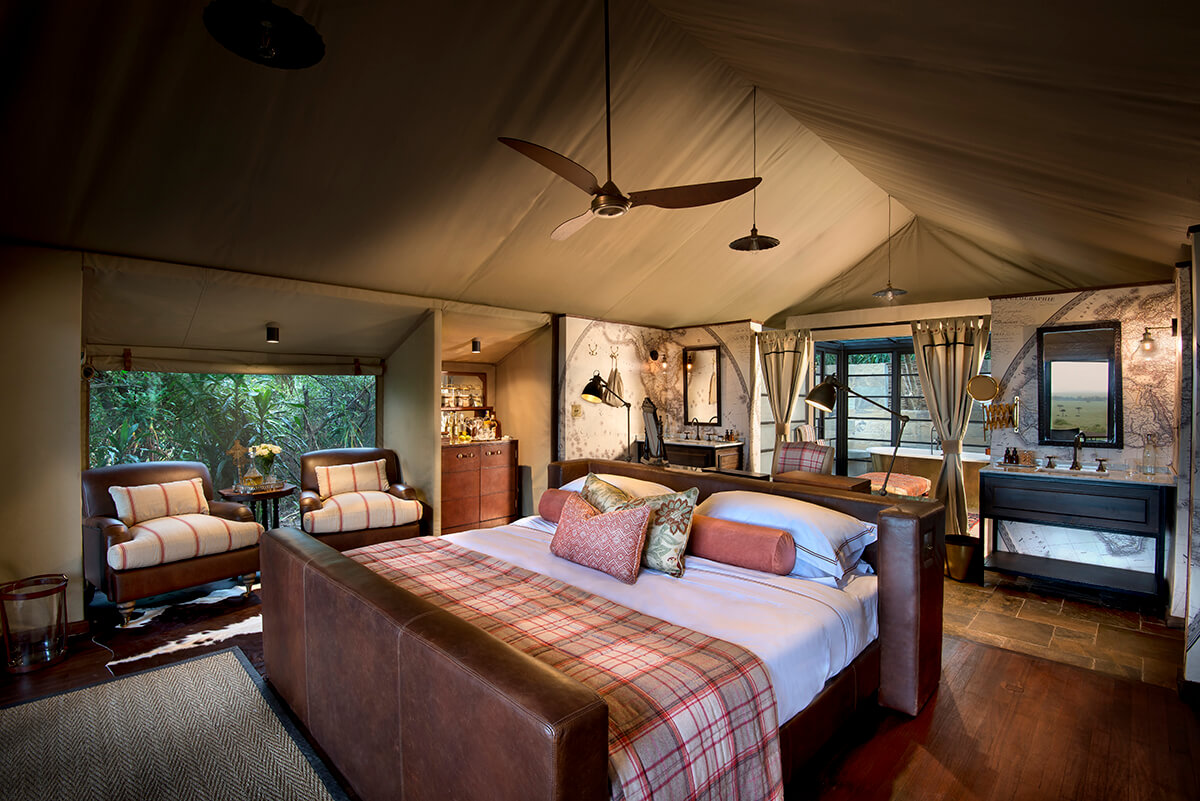
andBeyond Bateleur Camp in Kenya’s iconic Masai Mara National Reserve
LUX: What do you understand the term ‘transformational travel’ to mean, and have you seen a shift in terms of your guests’ demands or expectations in recent years?
Joss Kent: Travel has evolved from the adage of taking only photos and leaving only footprints. The world’s wild places need us to do better than that. Now it’s about taking memories and leaving a legacy. These days, we find that guests want to be far more actively involved. Whilst spotting the Big Five on safari is inevitably a key goal and reason for staying at an andBeyond lodge, our guests also want to engage with the local communities and actively participate in conservation initiatives where possible – to have a sense of purpose when travelling.
In addition, more and more often travellers are time-poor and, consequently, want to have immersive and authentic experiences in a short space of time. In response to this demand, we have created a set of Small Group Journeys that are designed to cater for specific interests. Examples include the East Africa Photographic Expeditions, the Snow Leopard Expedition in the far north of India and our Mobile Camping Expeditions in Botswana.
Read more: Magical Mountain Touring in Andermatt, Switzerland
We’re also seeing that our guests want to invest in themselves and their families by meeting different cultures and learning from them. We have guests who want to improve their overall health – journeys that include meditation and yoga-focused retreats, such as the ones we offer in India, are becoming increasingly popular. The latest addition to our lodge portfolio, andBeyond Vira Vira in Chile, has a farm-to-table food focus and everything from the kitchen is organic, local and in-season. We’re increasingly incorporating wellness into our African safari experience – andBeyond Bateleur Camp just reopened in Kenya’s Masai Mara with a dedicated spa and fitness centre that overlooks an unbroken Mara vista, while andBeyond Phinda Rock Lodge reopened last year with a new rooftop deck for sunrise yoga and meditation.

LUX: andBeyond is known for offering some of the best wildlife experiences in Africa, but of course, you can’t guarantee that you’ll spot any animals. How do you still ensure that your guests have a fulfilling and exciting experience?
Joss Kent: Whilst offering exceptional wildlife viewing is a significant part of what we do, we have seen an increased demand for participative experiences whereby guests are looking for more than just spotting the Big Five. At andBeyond we pride ourselves on delving deeper into offering experiences that engage with the communities too.
We have been breaking down the barriers and including guests in the activities that take place behind the scenes in terms of conservation and community. For example, we offer guests staying at our reserves in South Africa the opportunity to get involved in elephant collaring and rhino notching, both activities that are necessary in monitoring wildlife populations when faced with the growing threat of poaching and decreasing habitat.
At andBeyond Mnemba Island and andBeyond Vamizi Island, where turtle nests are identified and carefully protected, guests travelling at the right time of year can safely escort hatchlings to the sea. We have also just launched two new Small Group Journeys: the Oceans Without Borders Small Group Journey and the Phinda Impact Journey. The former takes place on andBeyond Vamizi Island and is hosted by Dr Tessa Hempson, one of the leading Marine Biologists in East Africa. Here, guests will delve into the fascinating field of marine conservation and gain first-hand knowledge of significant environmental issues affecting the world’s oceans. The latter takes place at andBeyond Phinda Private Game Reserve in KwaZulu-Natal, South Africa. Whilst traditional game drives are integral to this safari experience, it also incorporates elements of our ranger training curriculum, as well as selected conservation activities.

An andBeyond boat safari in Botswana
Another differing experience is the insightful tours that we offer along with our community development partner, Africa Foundation. Our ethos of Care of the Land, Care of the Wildlife, Care of the People guides everything that we do and, through our work with Africa Foundation, we have been able to bring meaningful change to the communities around our lodges through education, providing clean water, healthcare, and small business development projects chosen by the communities. Whilst we have been arranging community visits and animal conservation activities with guests on more of a bespoke basis, we have also created philanthropic itineraries including Travel with Purpose in South Africa and Travel with Purpose in Kenya with the view to showcasing more than only seeing the Big Five when in Africa. Guests can choose to follow these itineraries as they stand or we can customise an itinerary to fit a guest’s specific interests. Through these experiences we ensure our guests are fulfilled and take away lasting memories and, in their own way, leave a legacy.
Read more: Founder of photo basel Sven Eisenhut on the art of photography
LUX: Many luxury hotels are embracing technology as a way of fulfilling guest experiences. How do you meet the demands of technologically hungry generation whilst still providing a sense of escape?
Joss Kent: We find that our guests want to disconnect from technology and reconnect with families and friends, sharing a meal and talking instead of everyone being distracted by their personal devices. We make this easier to do by trying to limit the connectivity options at our camps to our designed-by-nature lodge rooms, such as at andBeyond Sandibe Okavango Safari Lodge. After all, why stare at a screen when you could be looking out on the best of the Okavango Delta?
LUX: Alongside the camps in Africa, andBeyond offers travel experiences in a handful of destinations across Asia and South America, such as the Maldives, Bhutan, Chile and Peru. Why those particular destinations?
Joss Kent: These days, travellers are looking towards lesser discovered destinations and this is where we choose to operate.
In terms of the countries that we operate in, our vision is necessarily a long term one, as meaningful conservation and community development work takes a long time to develop, implement and measure. It has taken andBeyond 27 years to achieve our vision in Africa and we are continually developing and refining our activities there.
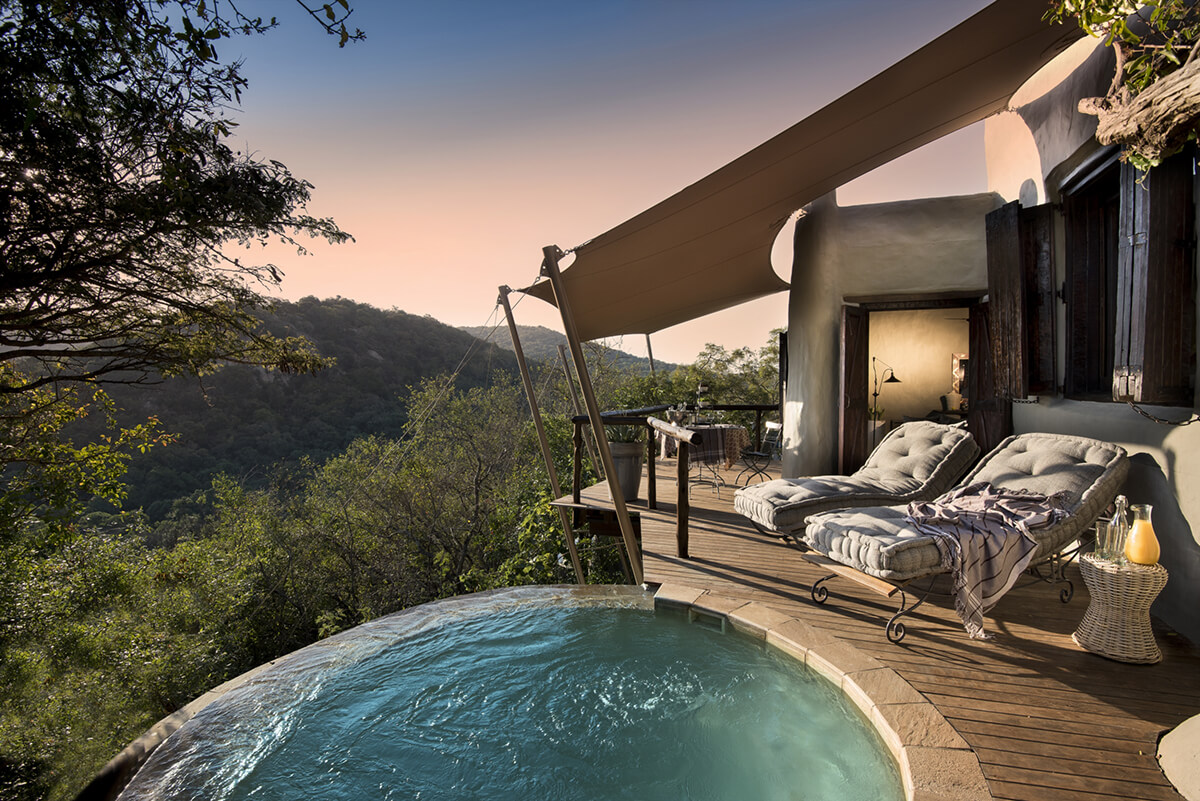
Private plunge pool at the andBeyond Phinda Rock Lodge suite
In Asia and South America, it is our intent, over a medium to long period of time, to replicate what we have done and achieved in Africa. Over the past two years we have started by establishing solid operating platforms (people, offices, touring and ground handling capabilities) on these continents and in those countries that we have chosen for the expansion of the andBeyond vision and model. This is vital, as it means we can now start to engage with governments, NGOs and individuals in seeking out areas of meaningful conservation impact and doing detailed assessments of whether our model will practically work. We have been actively in that assessment stage for 12 months now. It is as a result of the assessment phase that we are now specifically focusing on Bhutan, Sri Lanka, Chile, Argentina and Peru (the Amazon) as the core countries in which we can actively expand our model and vision.
Very soon we hope to have news on some big ideas that we believe in time will become very meaningful conservation and community development projects. They span large geographic areas and are complex and will take time to come to fruition. In parallel, we are close to announcing our first lodge on the ground in Asia (Bhutan) and have just made an announcement regarding andBeyond Vira Vira in South America (Chile). These all form part of the important build-up of our presence and capabilities and are the forerunners of the impactful 3Cs model work that will follow.
Read more: Luxury perched in the Himalayan foothills of North East India
LUX: andBeyond runs a number of community projects. How do you decide where to focus the company’s philanthropic efforts?
Joss Kent: We work collaboratively with our community development partner, Africa Foundation, whose methodology is based on a collaborative, consultative approach. Africa Foundation listens to the needs identified by the communities themselves and guides them in the process of considering the appropriate projects to address these needs. It then works directly with a project committee, consisting of community members who have been proactive in engaging with local stakeholders. Each project is led by a local champion from the community. Africa Foundation focuses on four key development areas that support community empowerment: education, healthcare and clean water, small business development and environment and conservation. Whenever we are looking to build or acquire a new lodge, we ensure that our impact model can be put into practice in every way so that it benefits the land, wildlife and people. Therefore, there are community projects taking place at each of our owned and managed lodges.
LUX: What’s next for andBeyond? Any upcoming openings?
Joss Kent: We have a lot of exciting projects in the pipeline, including the continued revamp of our existing lodges, the rebuild of andBeyond Phinda Homestead in South Africa (due to open in September). The refurbishment of andBeyond Bateleur Camp in Kenya is almost completed and andBeyond Phinda Vlei Lodge in South Africa also recently reopened with a new look. We also have the brand new andBeyond Tengile River Lodge in the prestigious Sabi Sand Game Reserve opening in December.
Over the past three years we have also taken major steps forward in our long-term goal of exporting our impact model out of Africa and into South America. We believe that the expertise and knowledge we have gained in Africa can, in time, create a meaningful impact on this beautiful continent and we are thrilled to be managing our first lodge in South America. As of September, andBeyond Vira Vira in the Chilean Lake District will be added to our expanding portfolio of lodges. For Asia, watch this space! We have exciting developments in the pipeline for Bhutan.
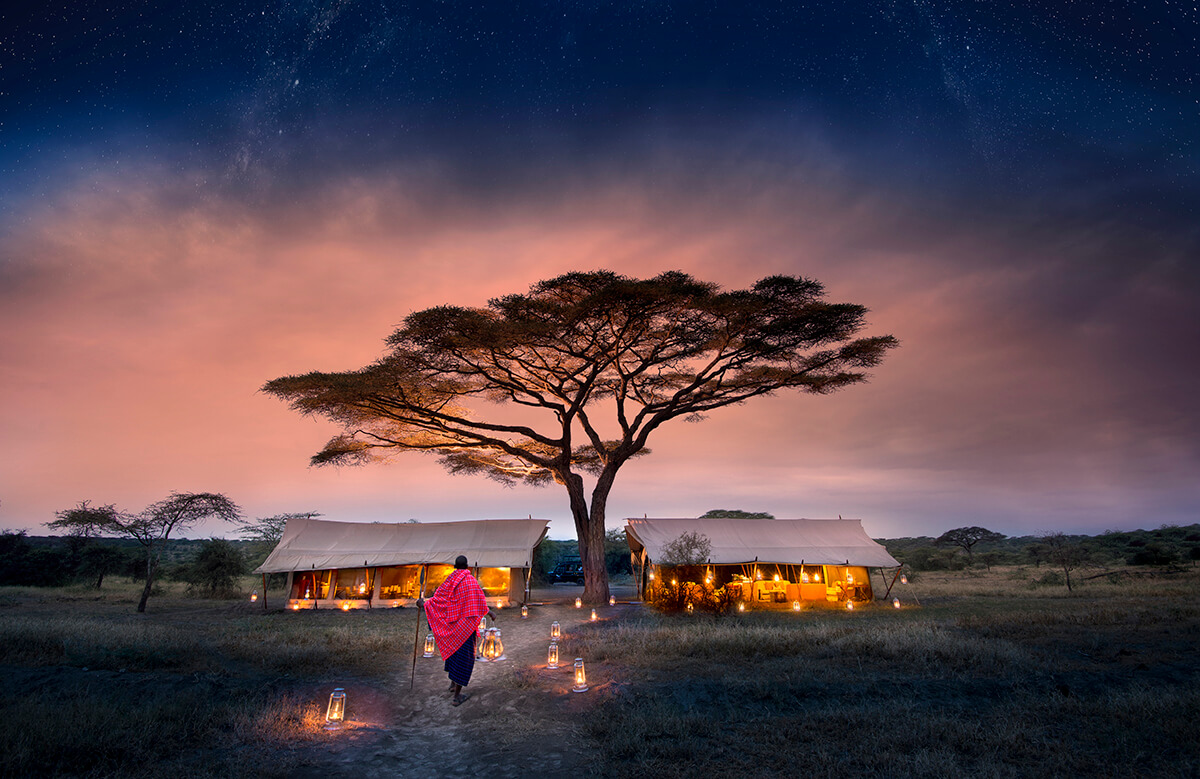
andBeyond Serengeti Under Canvas guest tents
LUX: Do you have a favourite andBeyond camp, and why?
Joss Kent: While all the andBeyond lodges have their own distinct feel, I have to admit andBeyond Serengeti Under Canvas is a favourite of mine. It really does take you back to the time of the old mobile safaris. The camp has a very light footprint, and the experience is all about the guide, the habitat and the wildlife, which are only separate from you by a thin layer of canvas. It gives guests the chance to really unplug in a technical world. There is nothing that beats relaxing around a proper campfire, or the bush TV, as well call it. Here you can fall asleep to the sounds of the Great Migration, curled up against a hot water bottle, and wake up to the sunrise peeking through the canvas flaps of your tent. At the end of a great day out in the bush, preferably walking, you can relax under a piping hot bucket shower under an African night sky.
LUX: How do you relax?
Joss Kent: I love outdoor activities like mountain biking, trail running, kite surfing, polo and riding. I have also recently got into night-time meditation using the Headspace app.
andbeyond.com


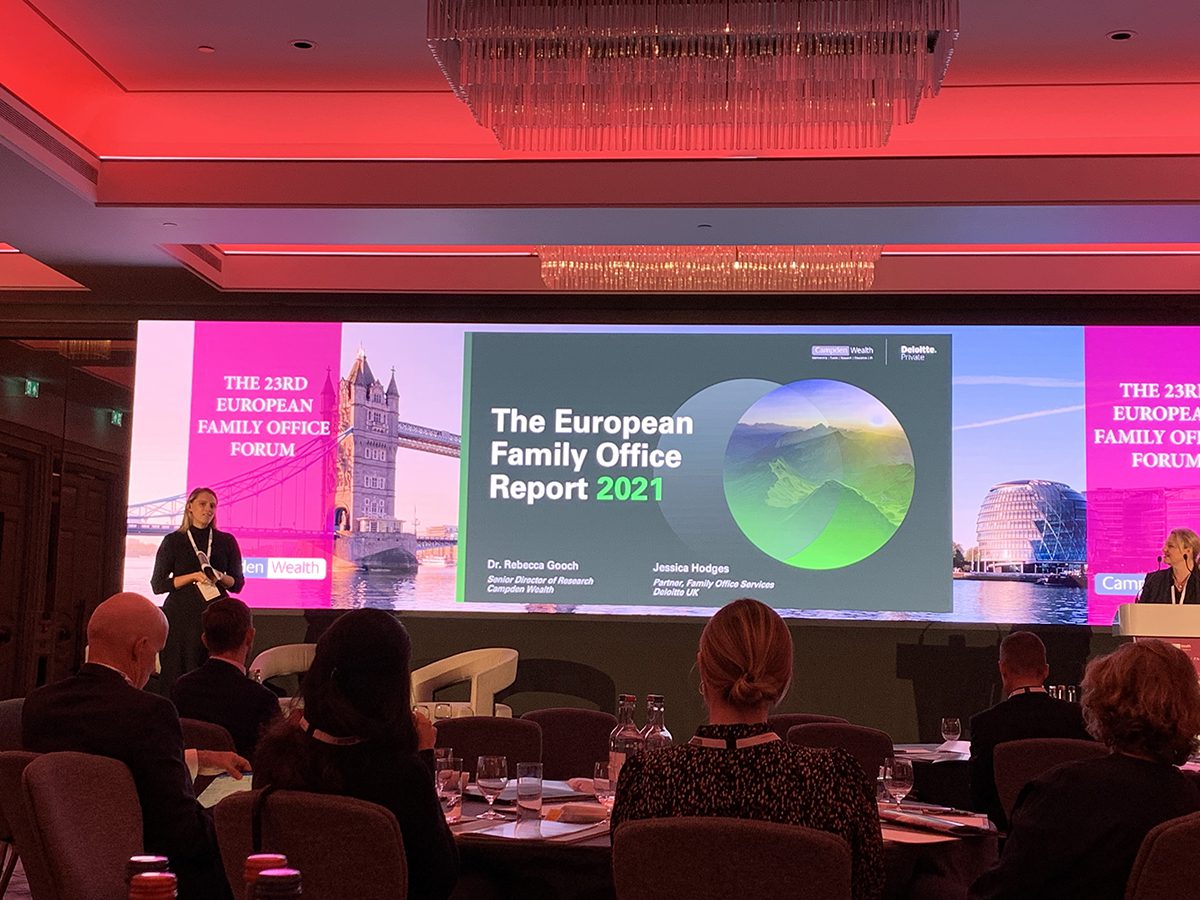

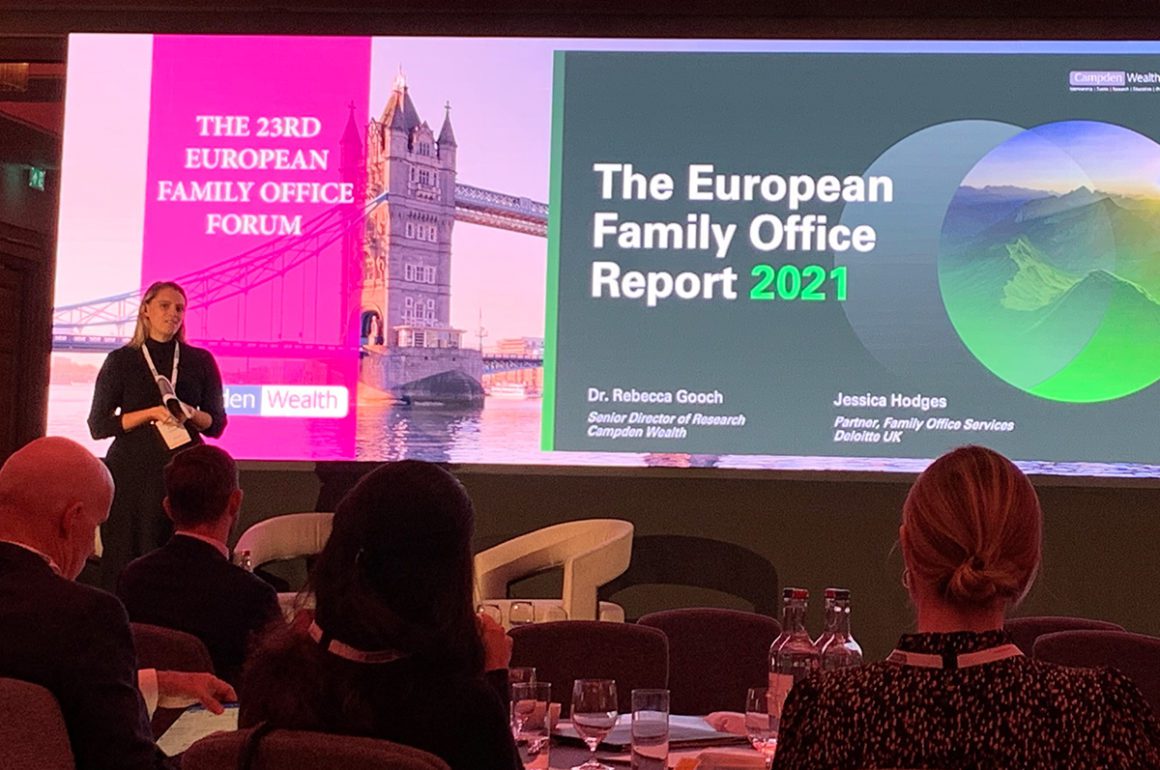
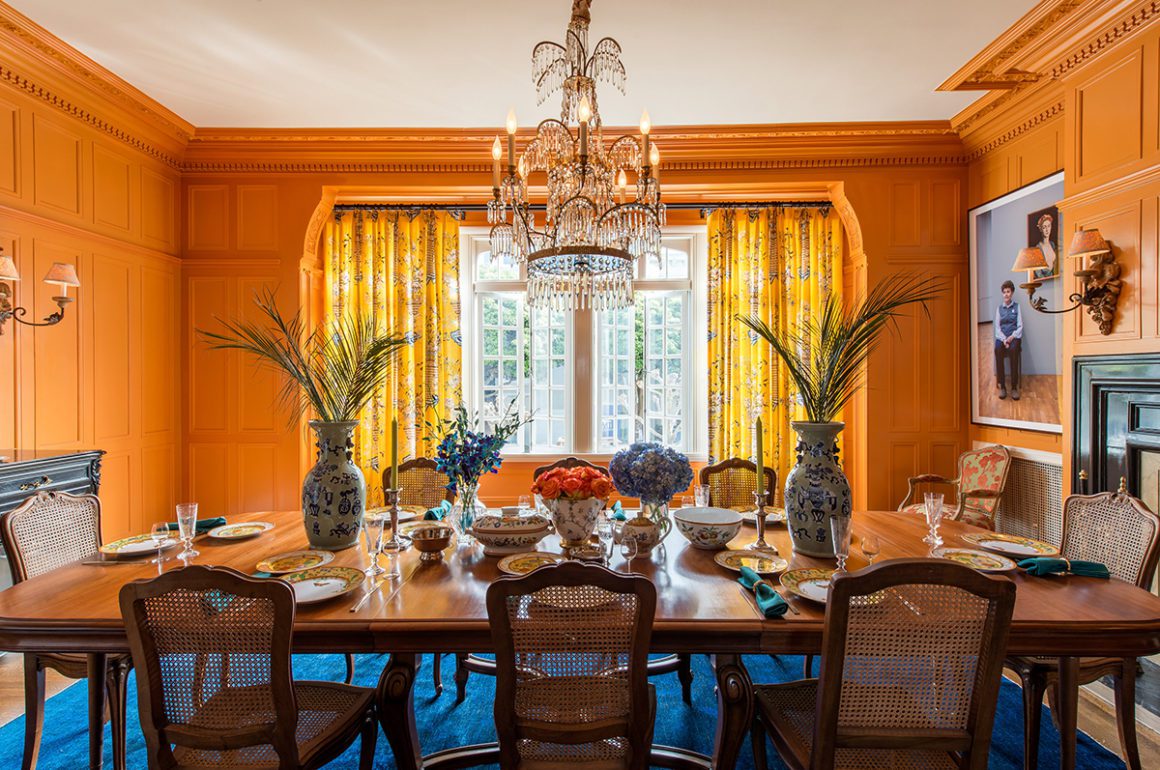
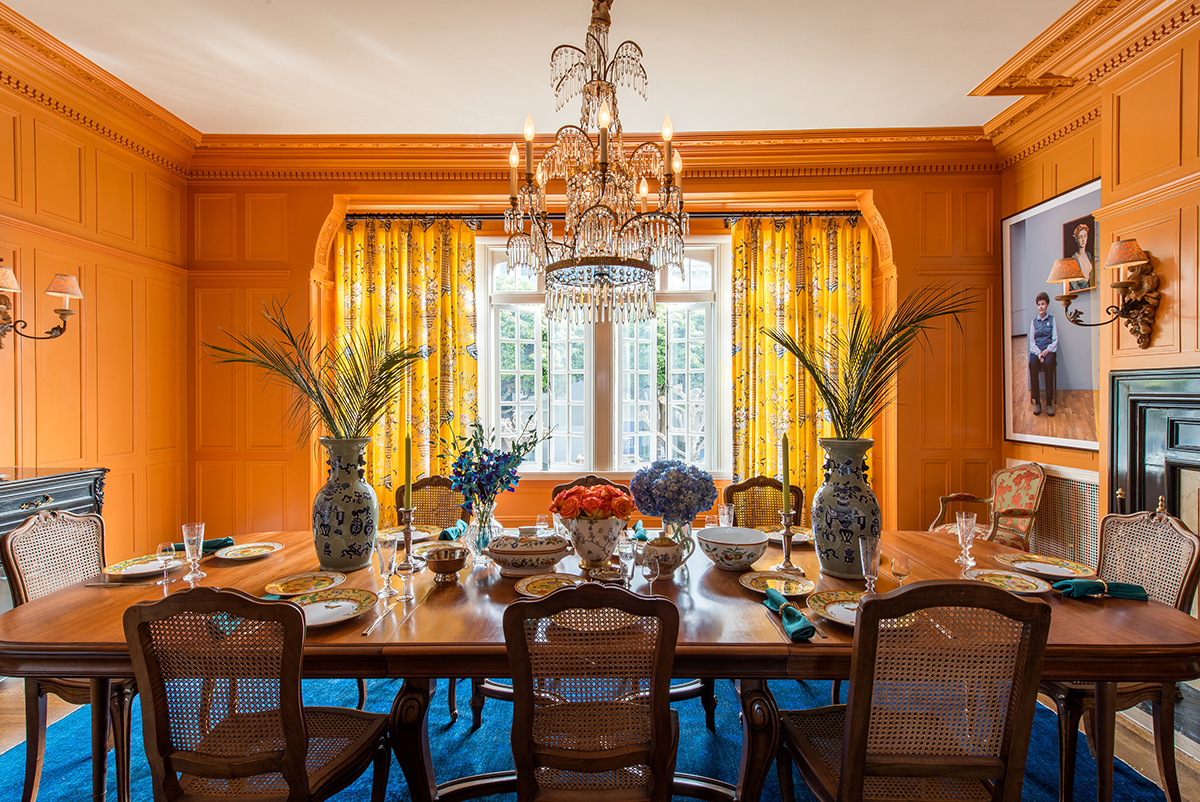
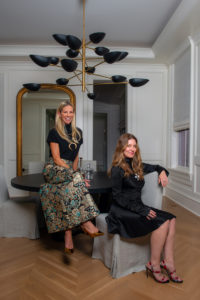
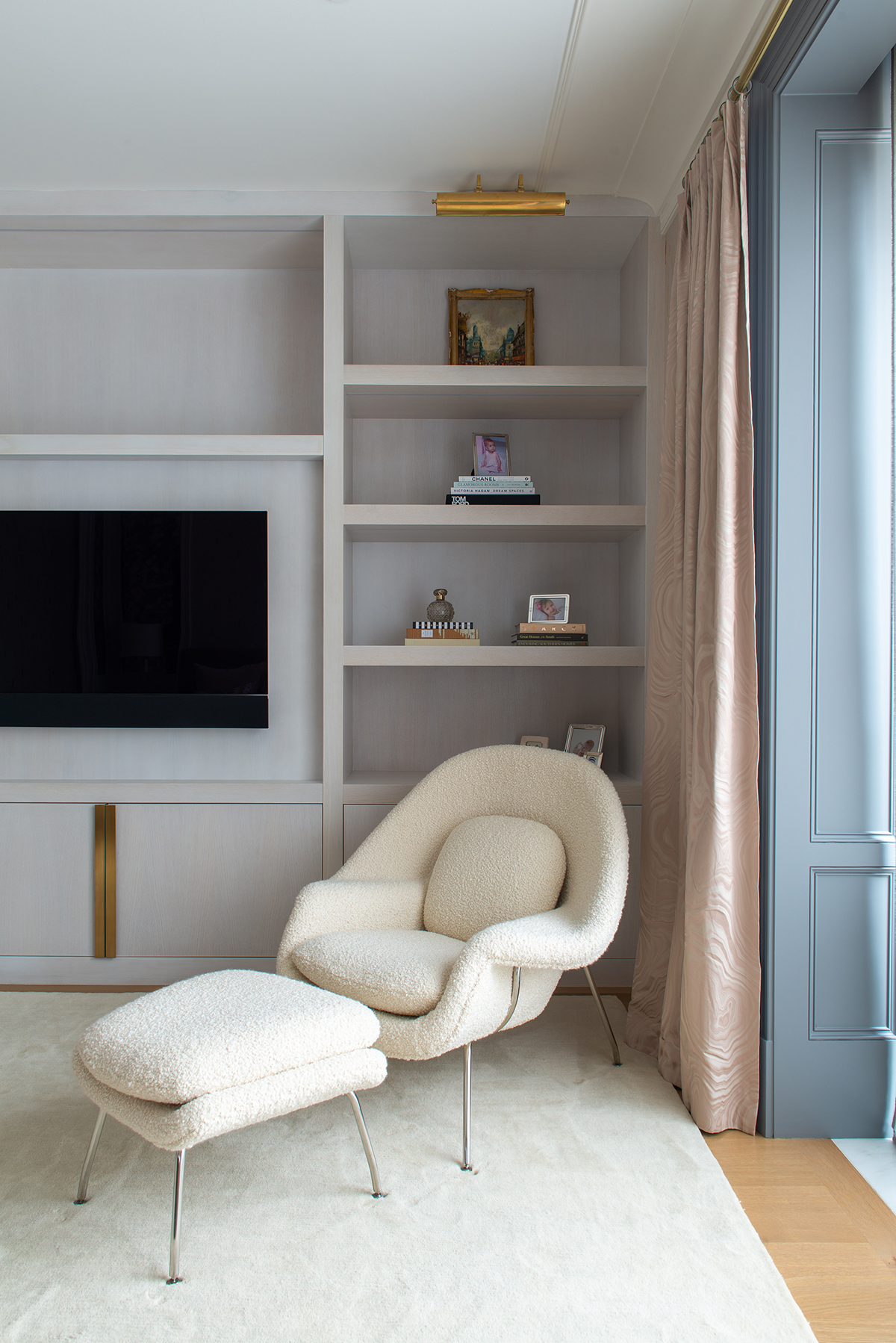
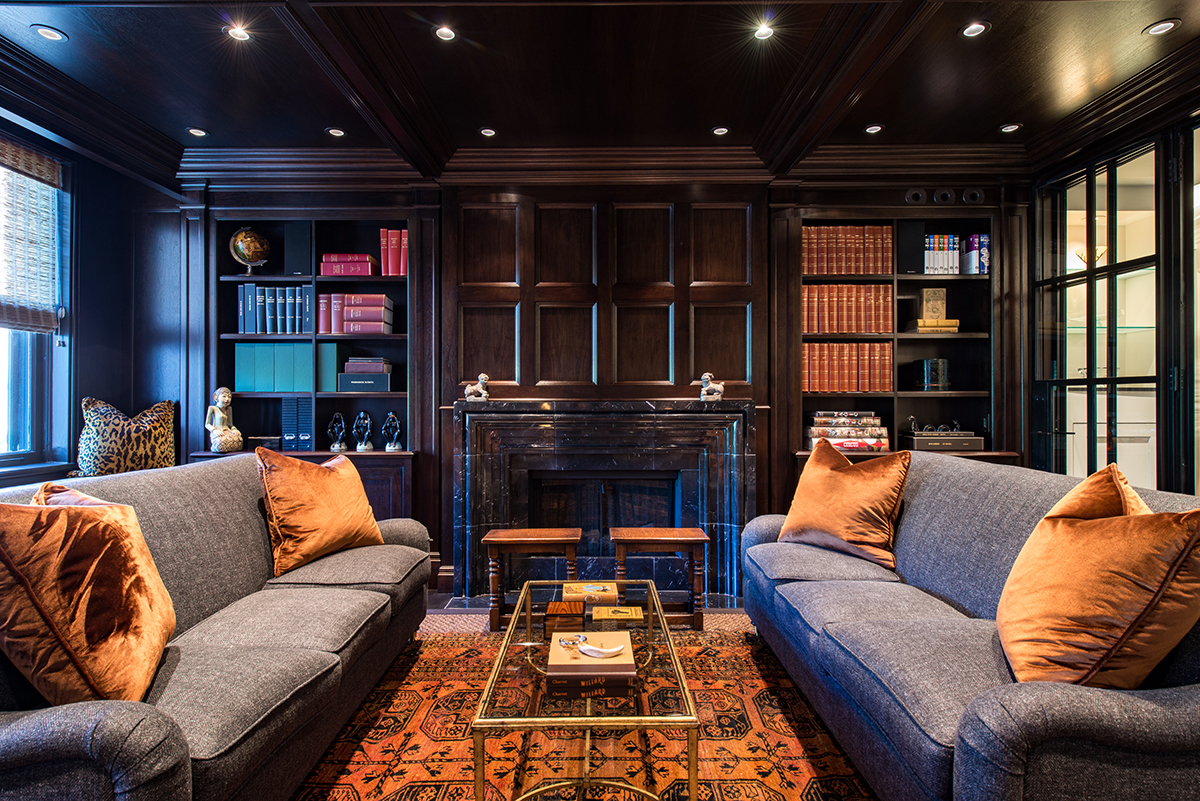
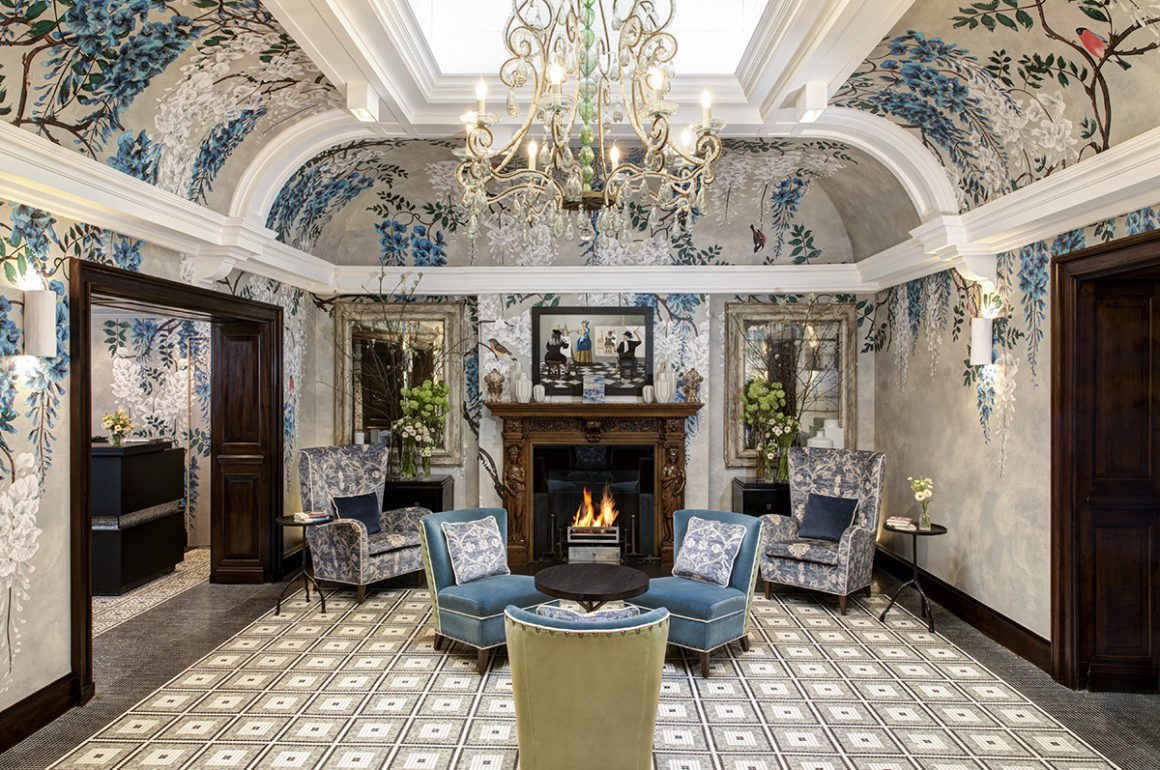
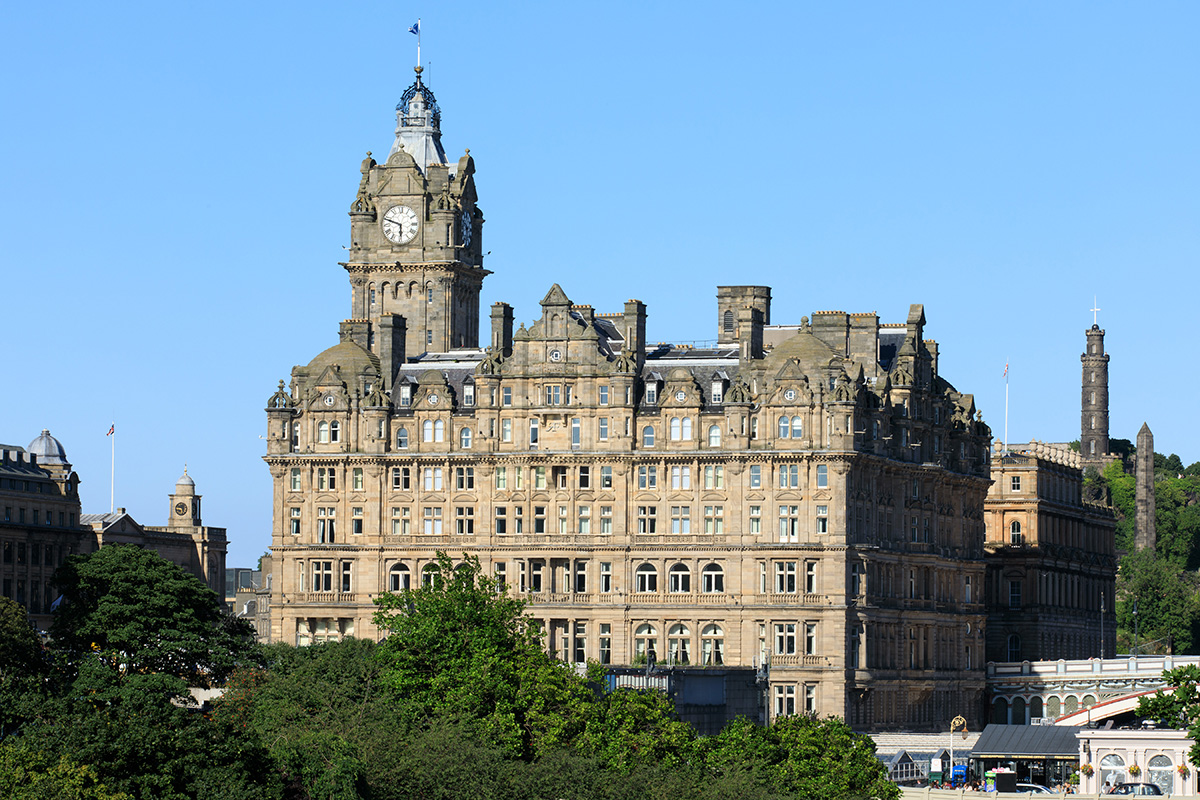
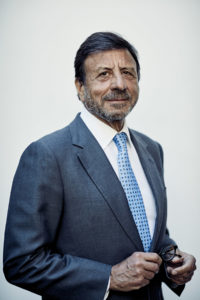
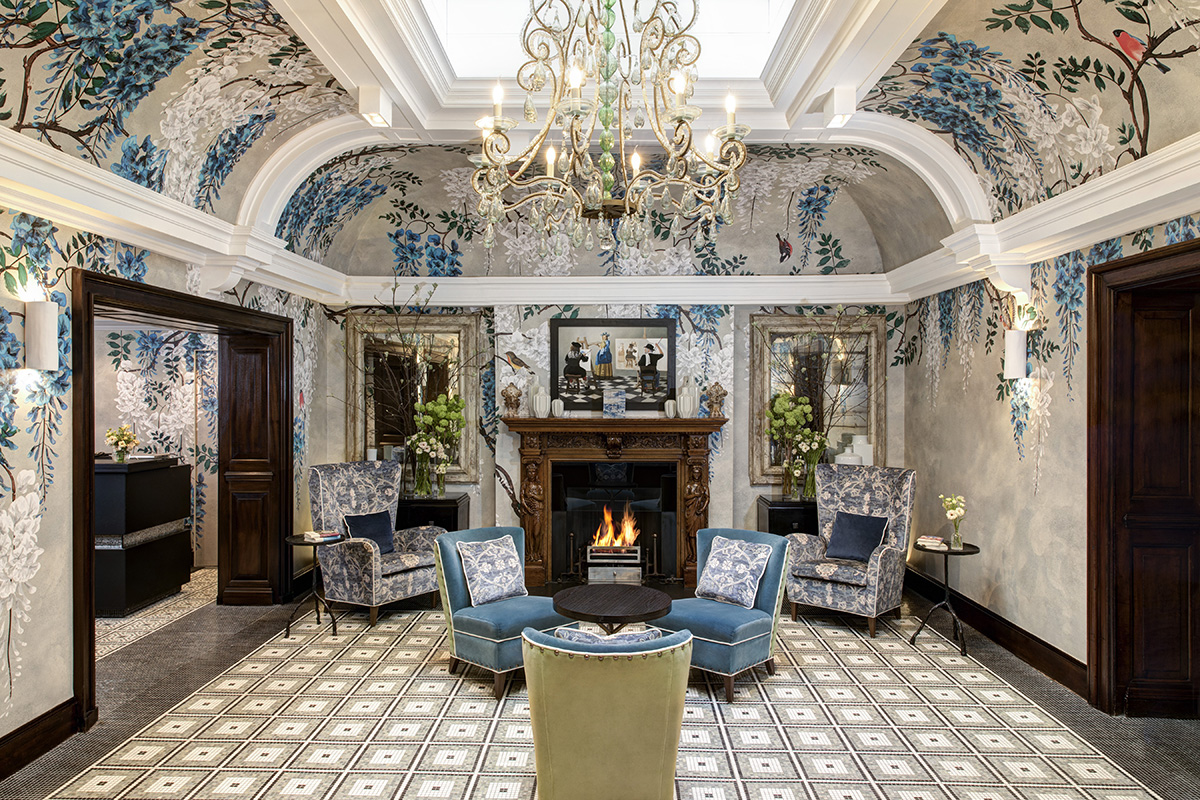
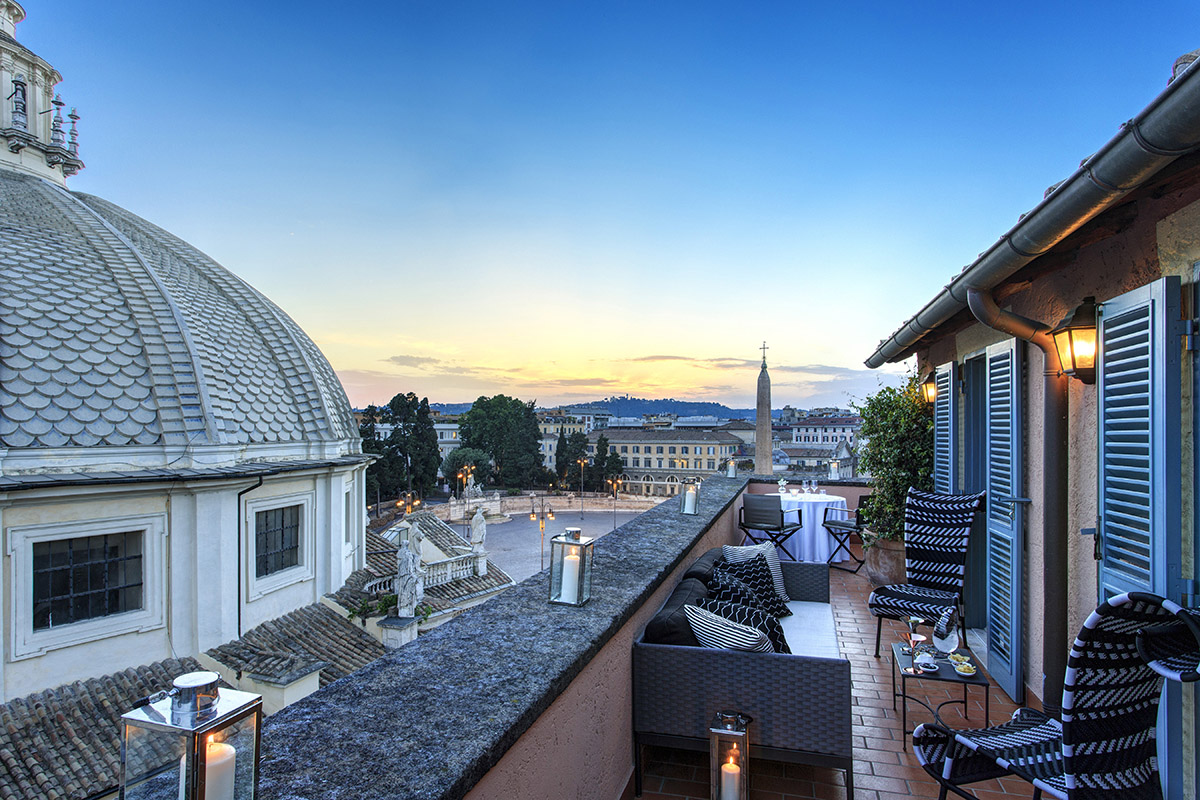
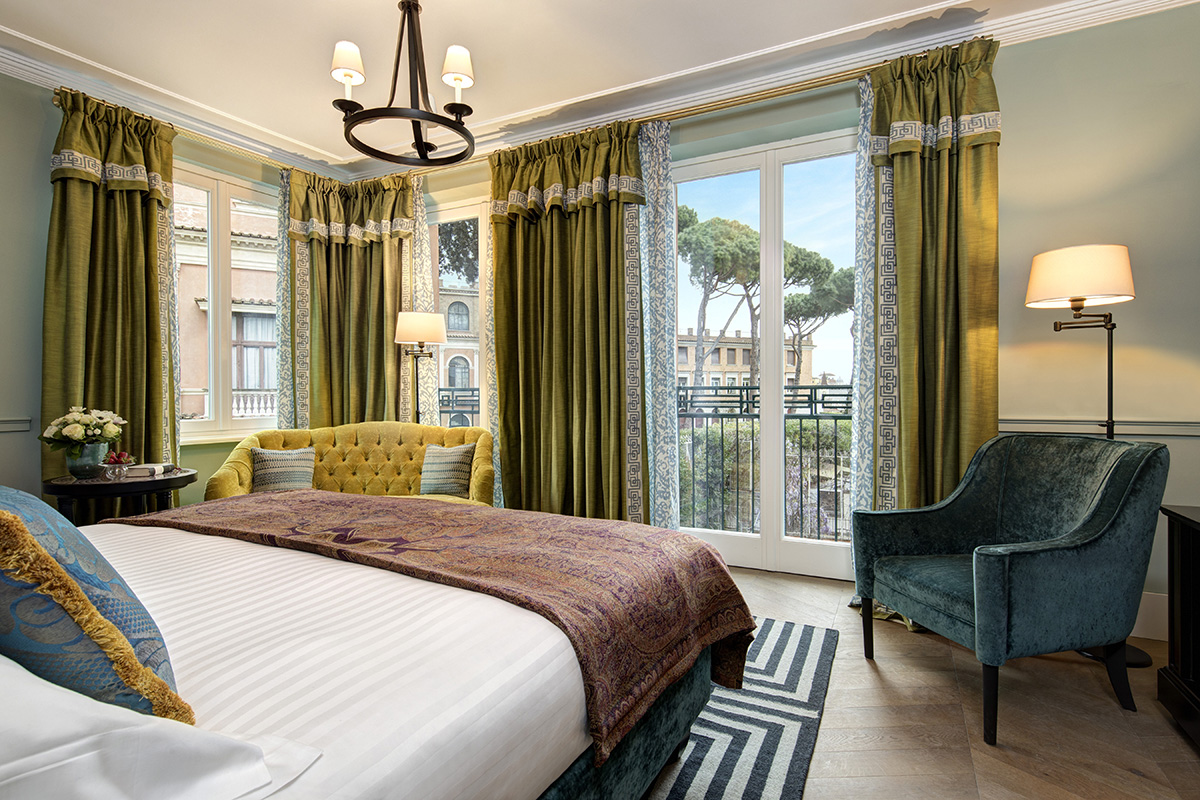
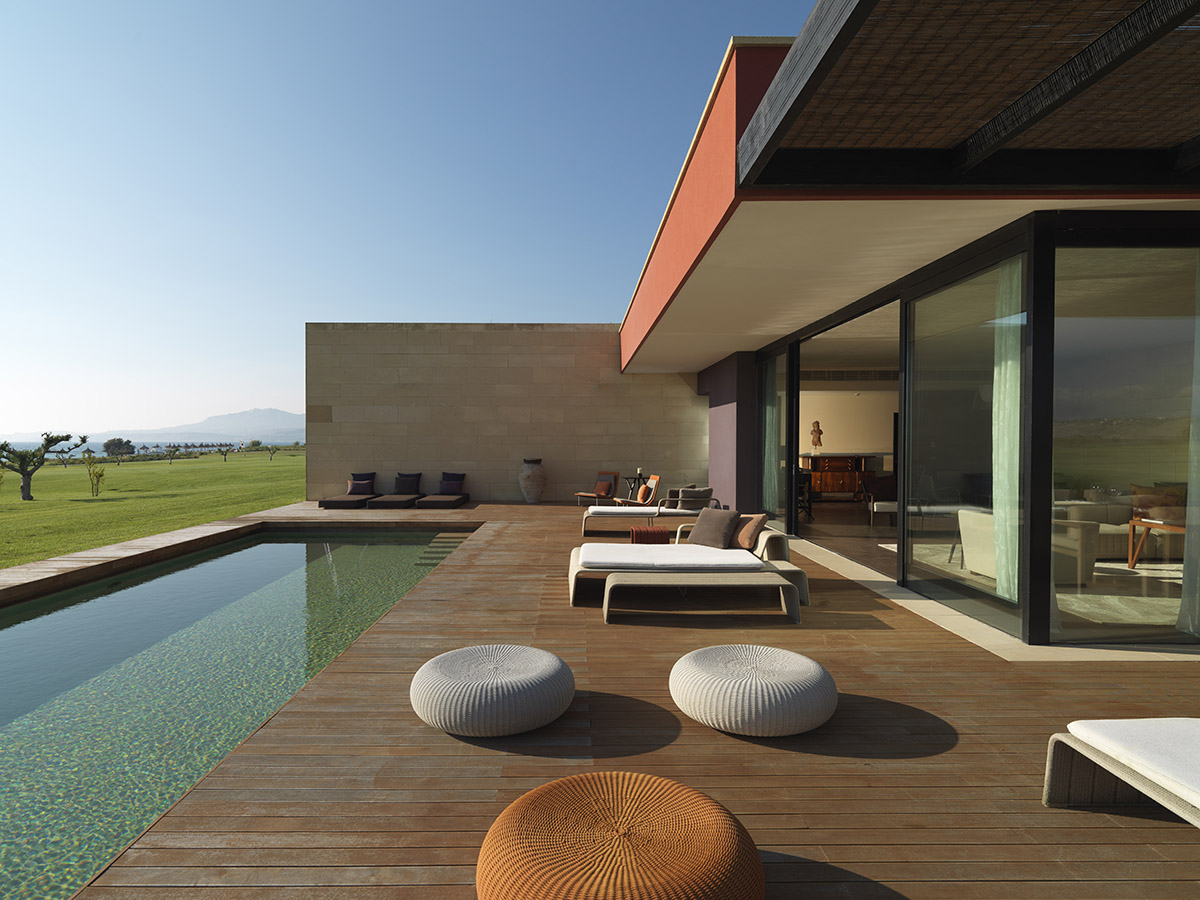
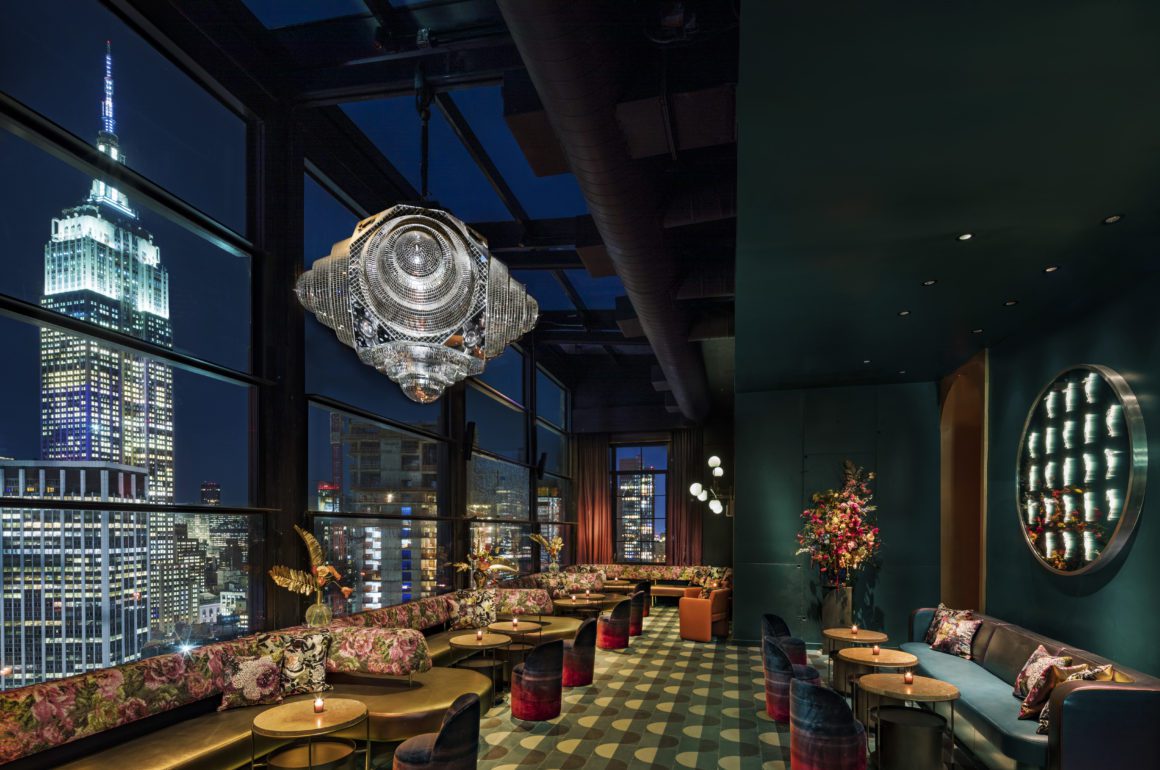
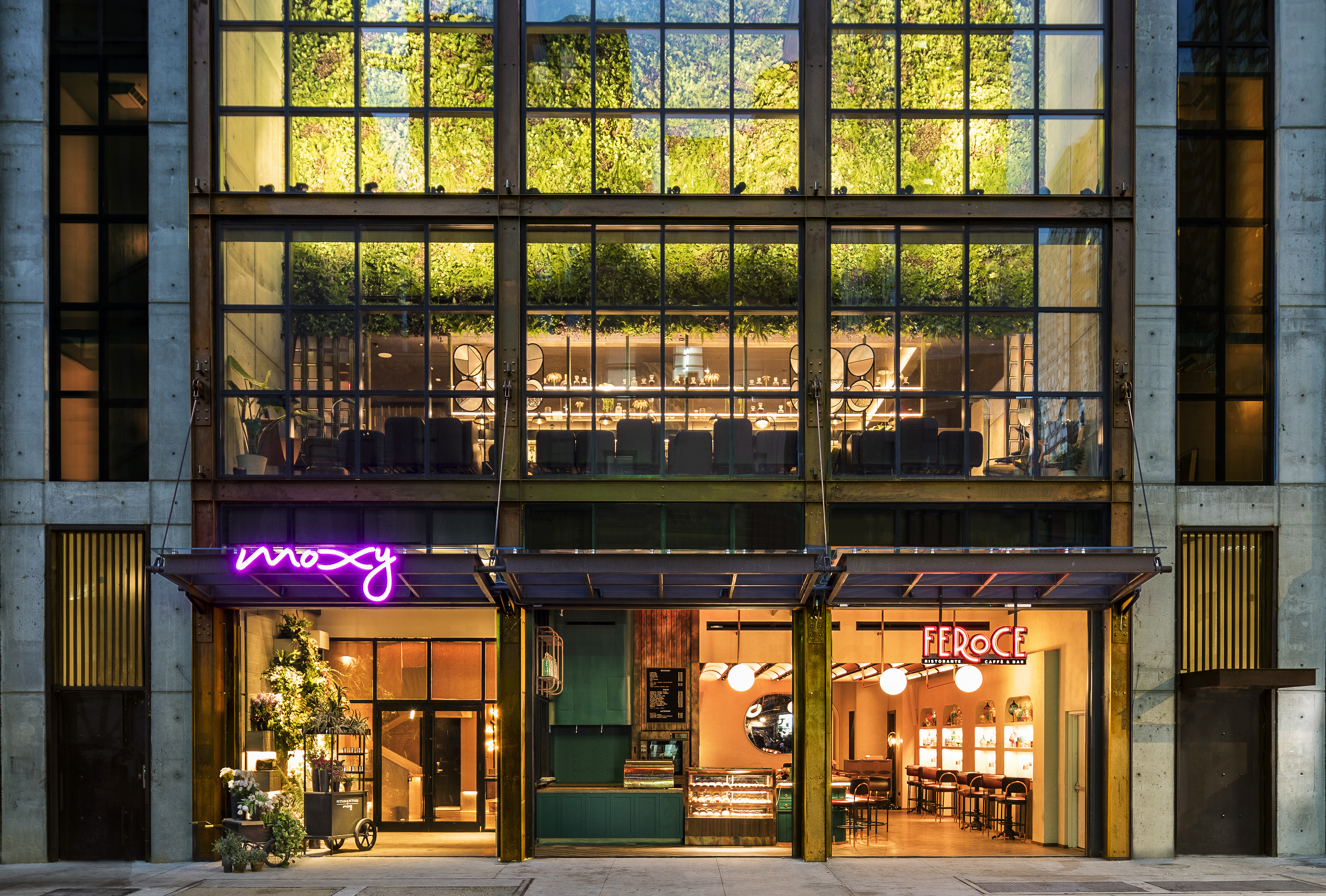
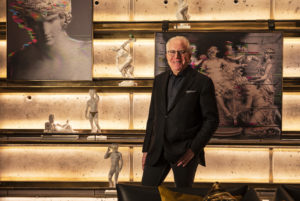
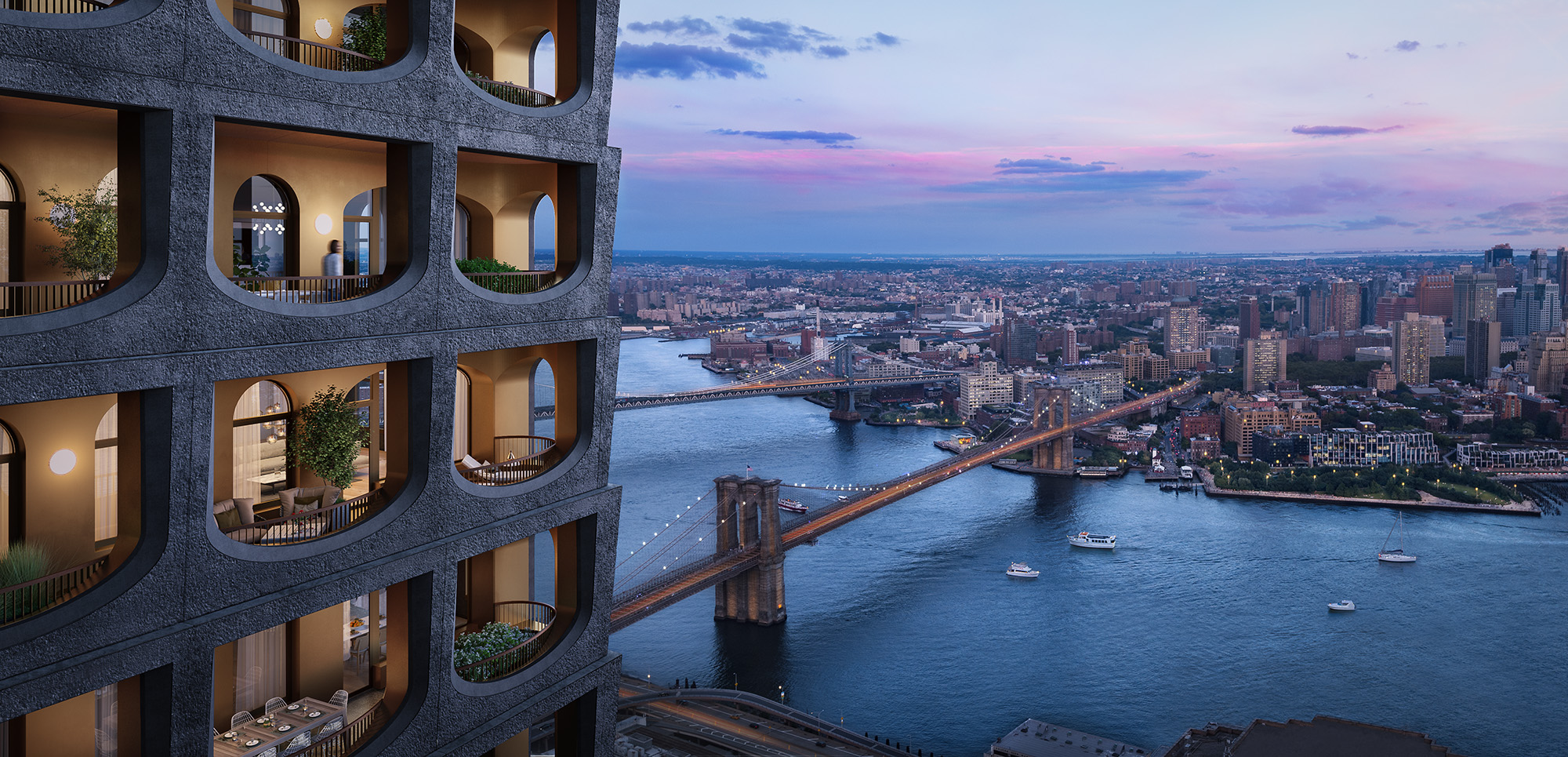
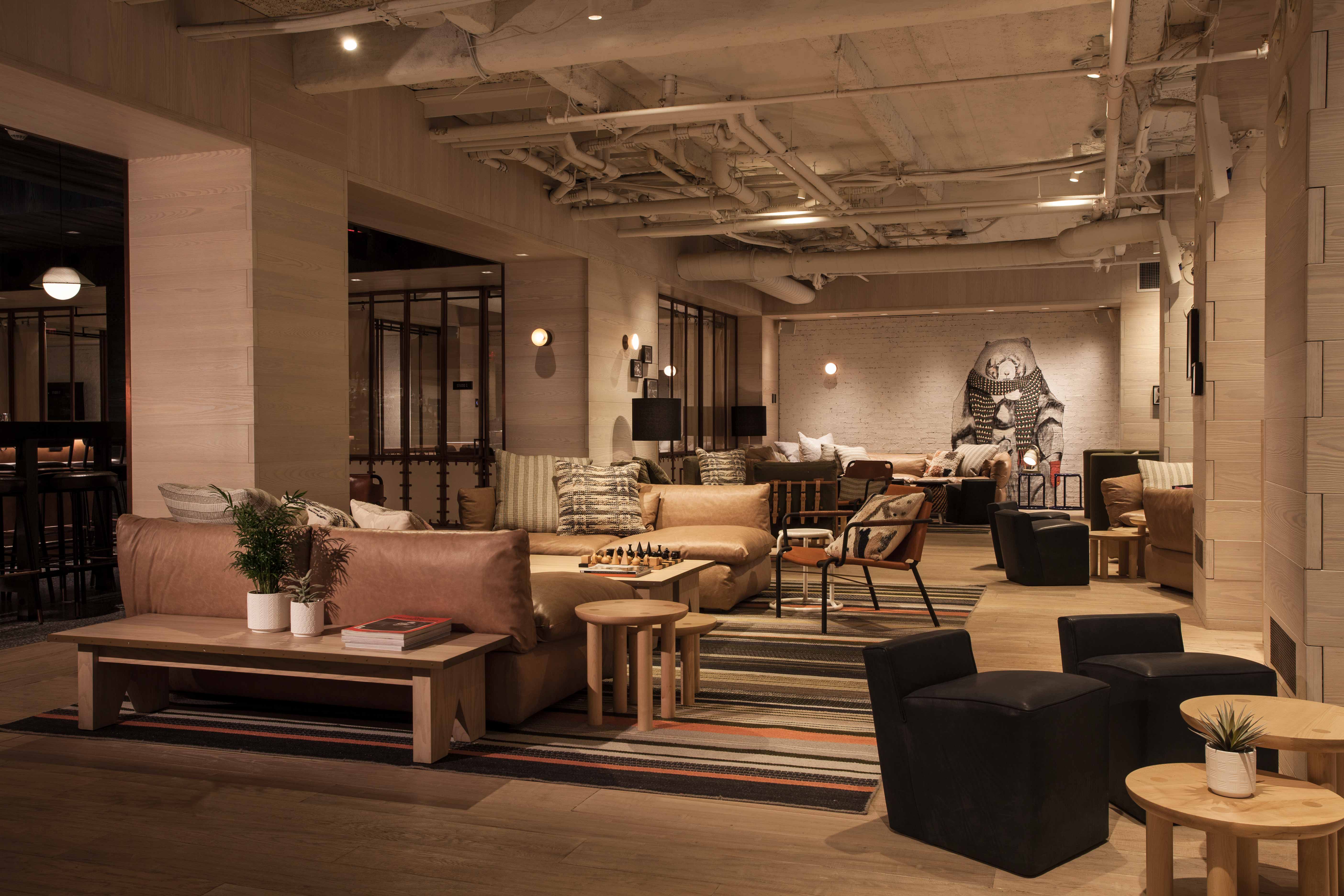
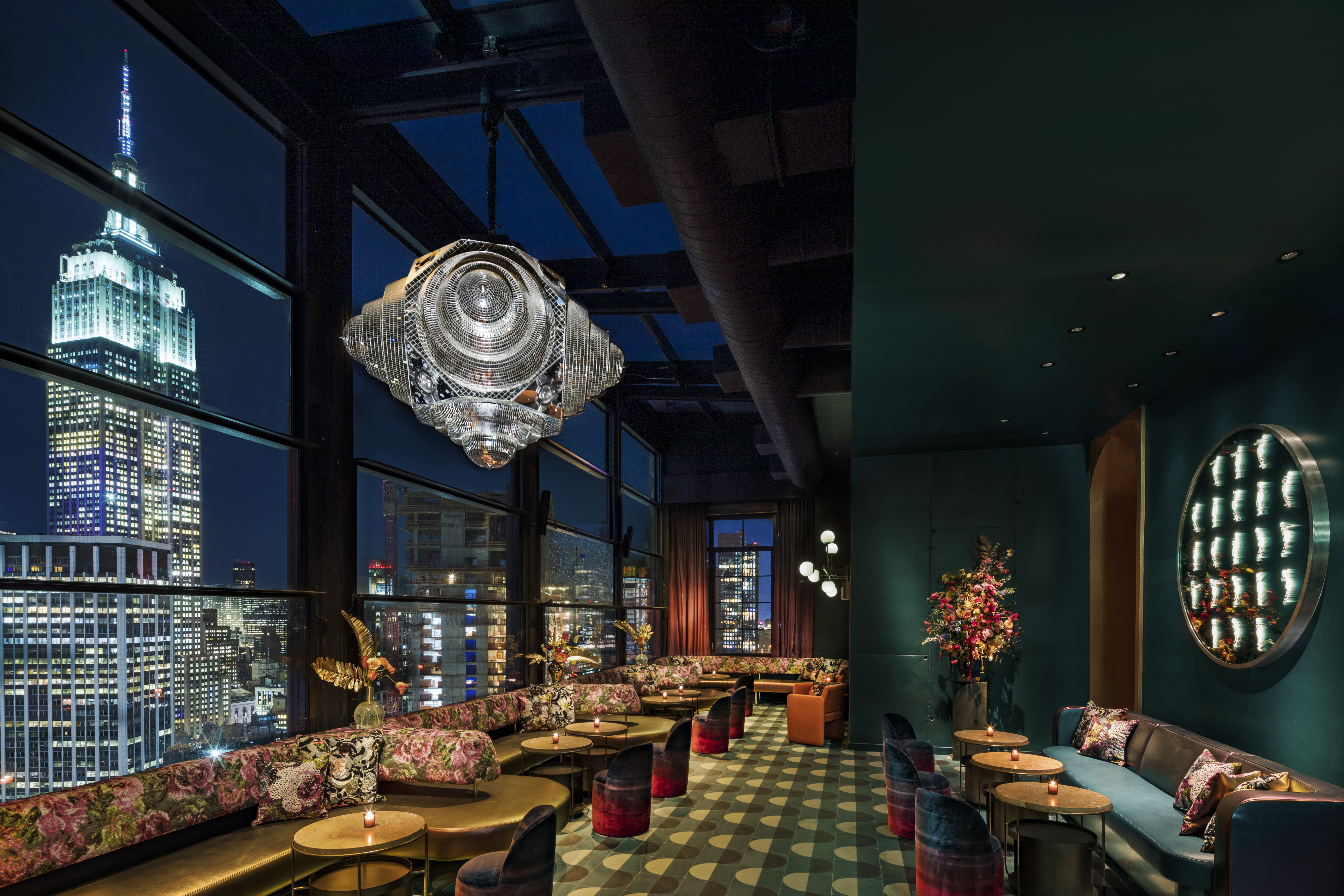
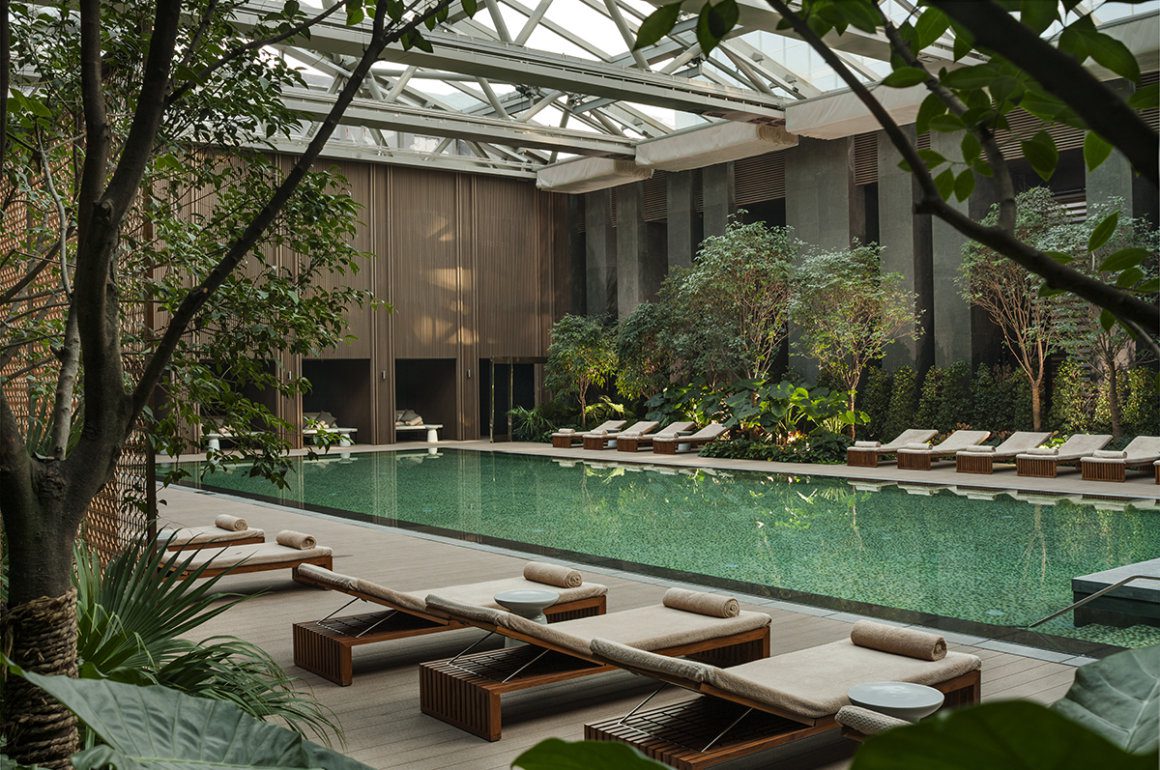
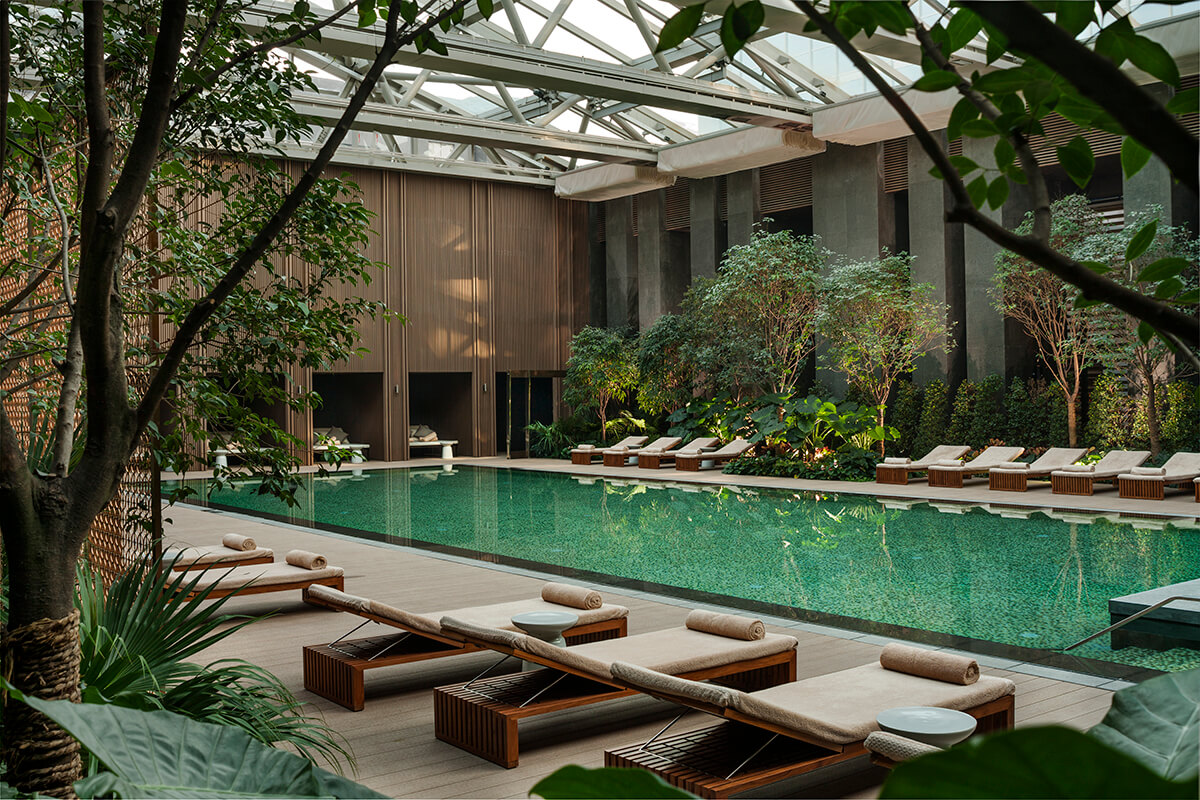
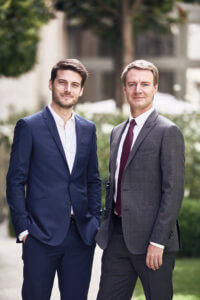
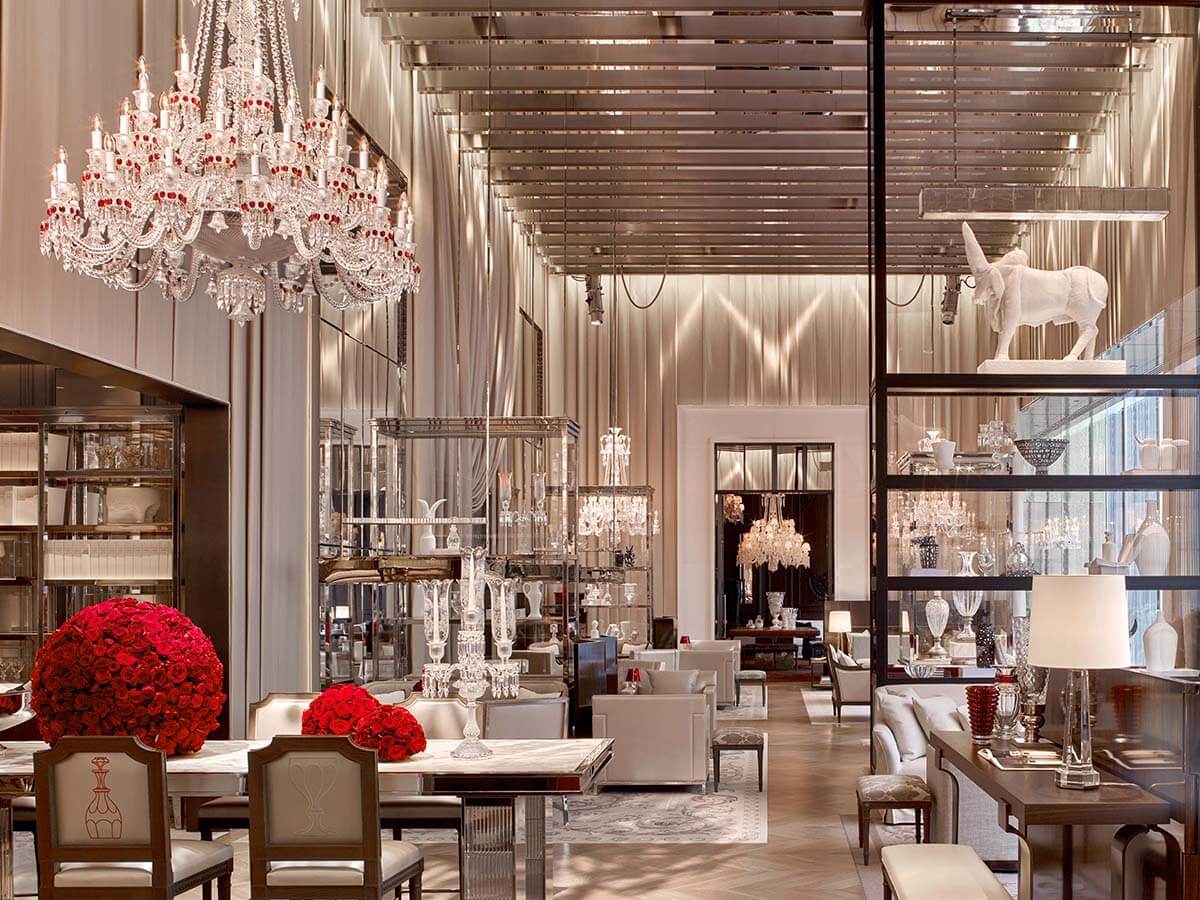
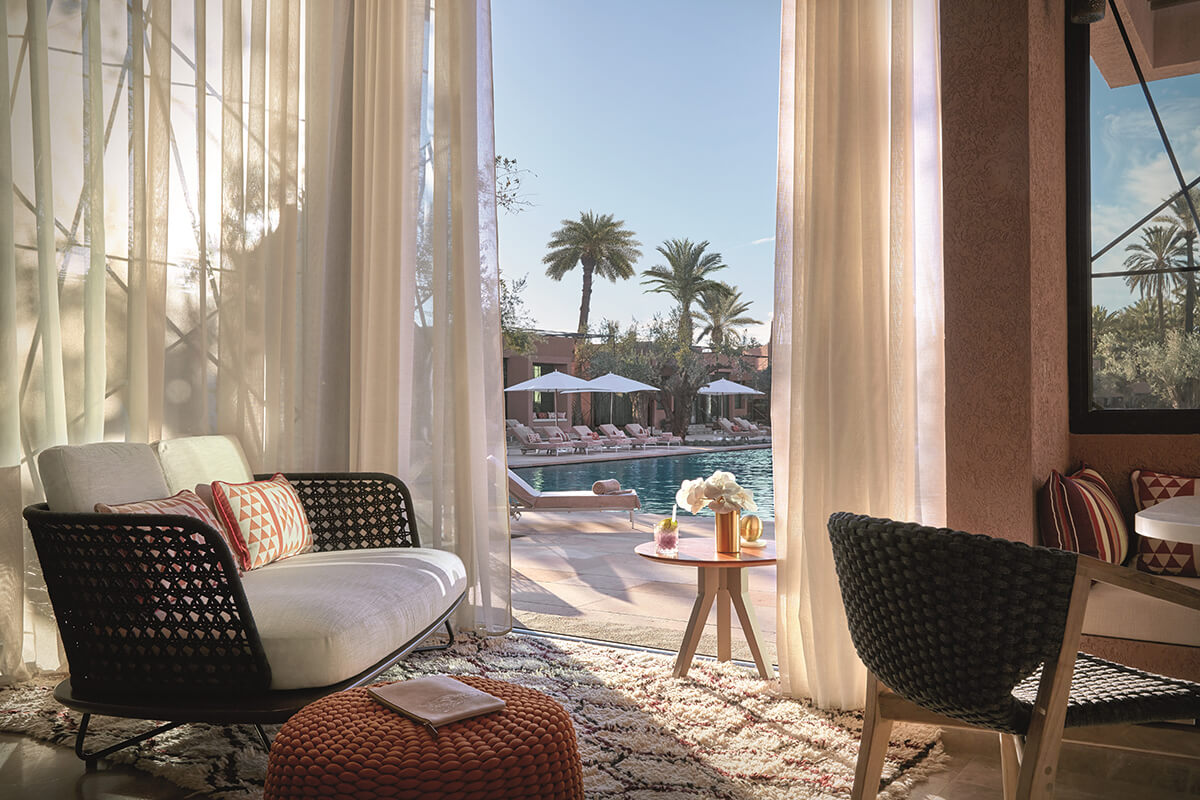
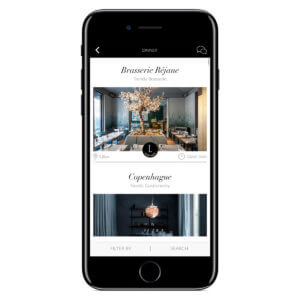
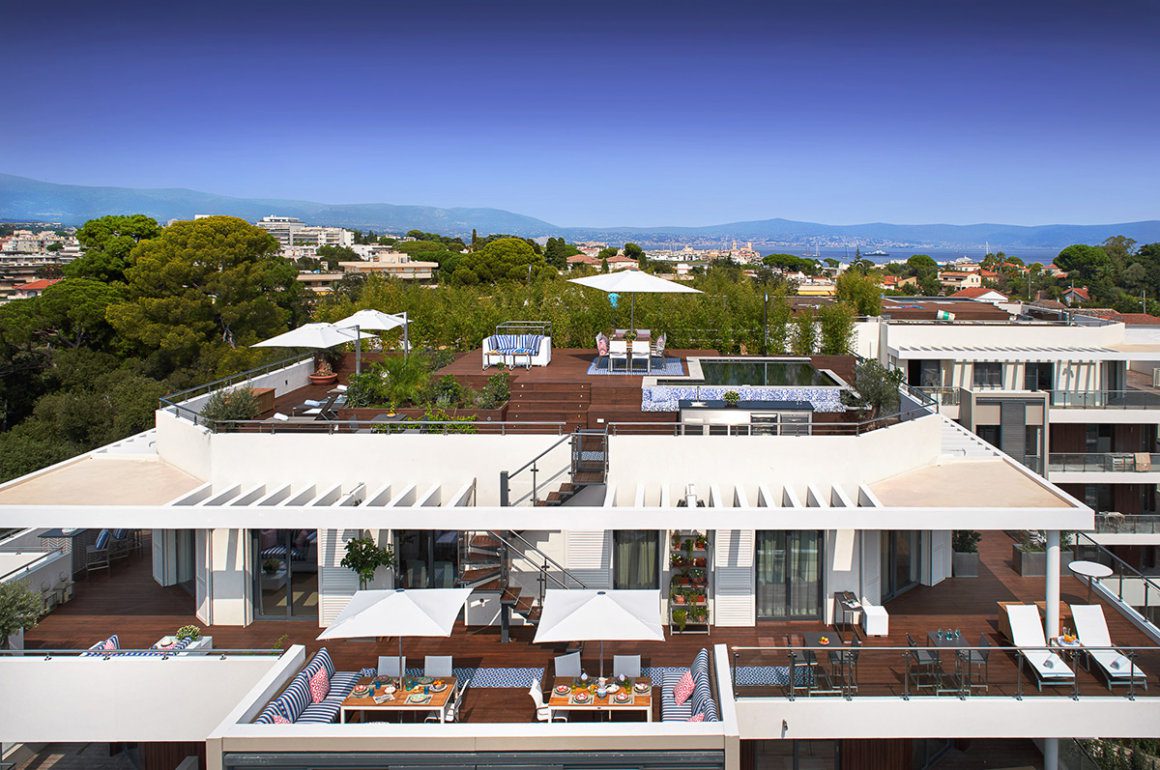
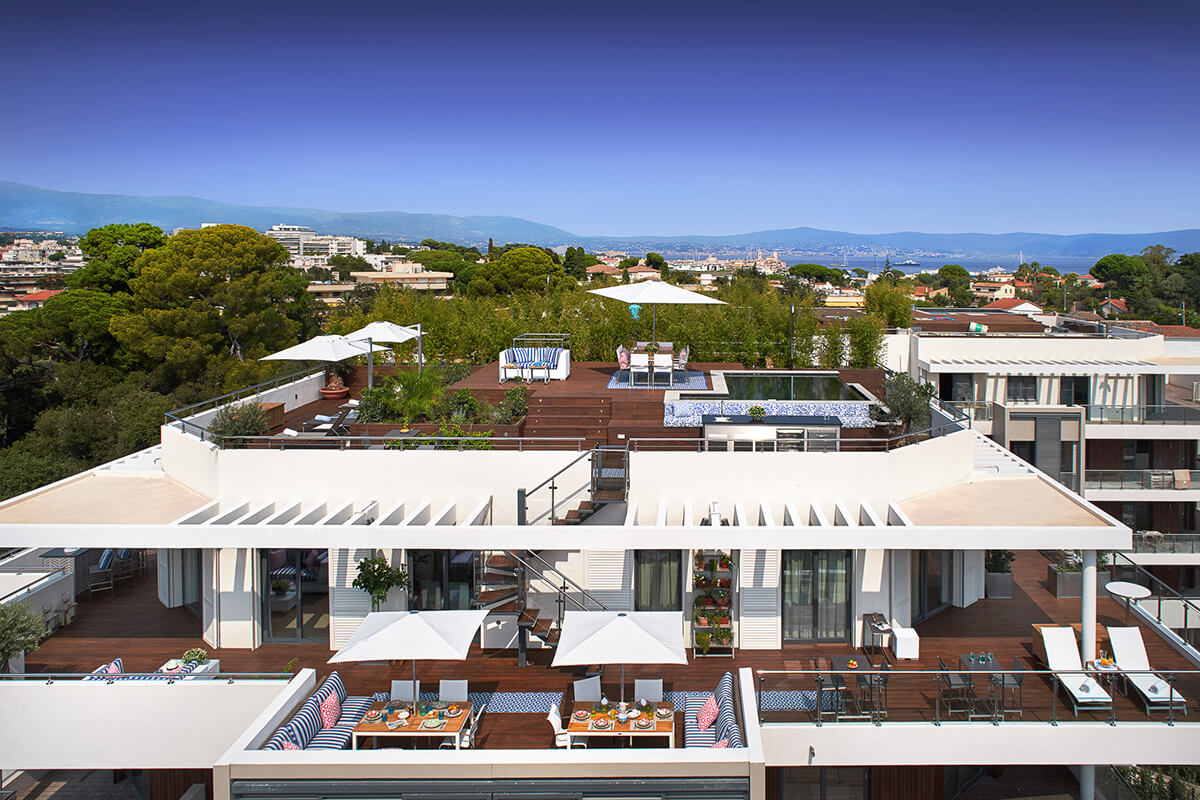

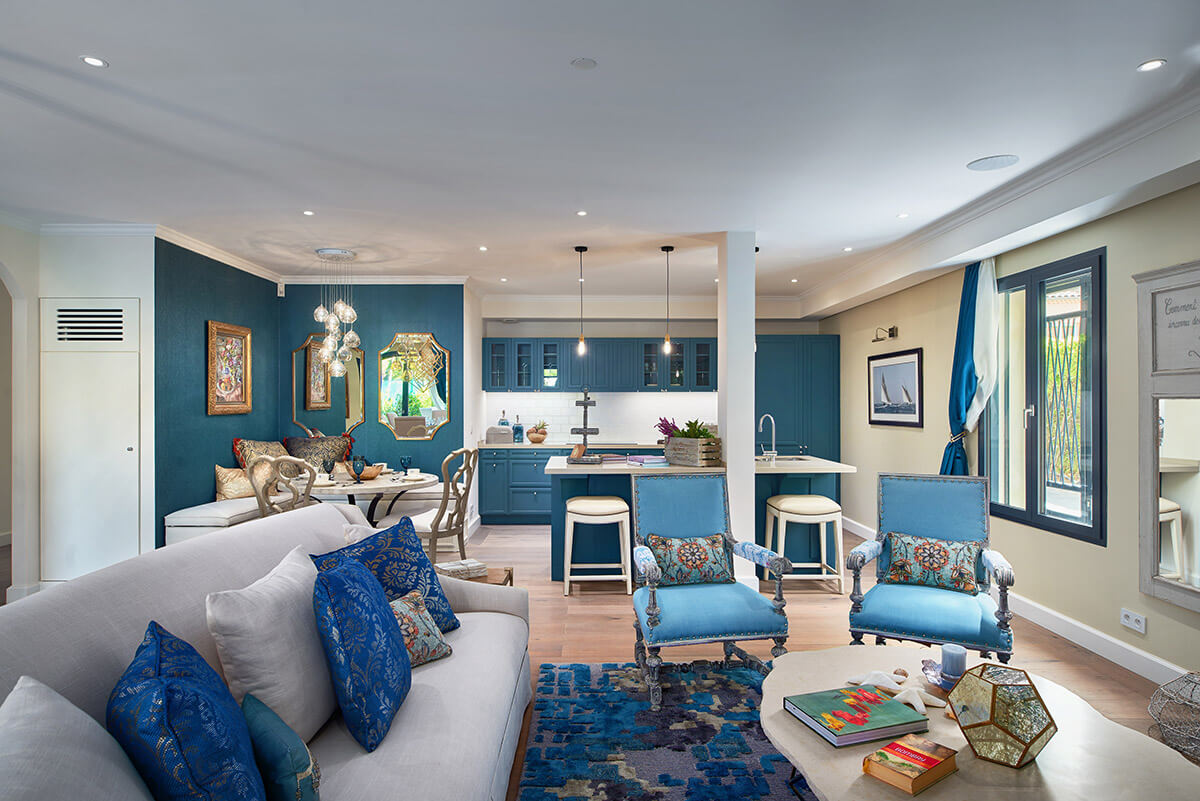
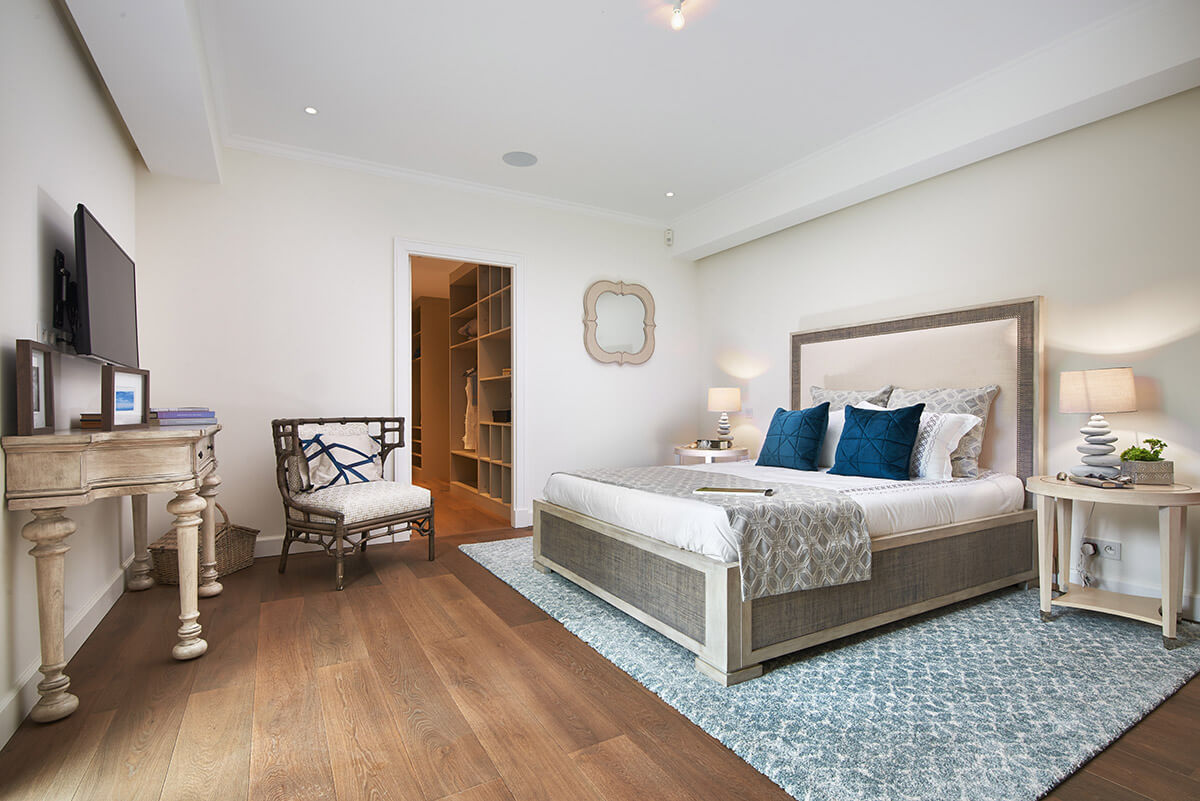
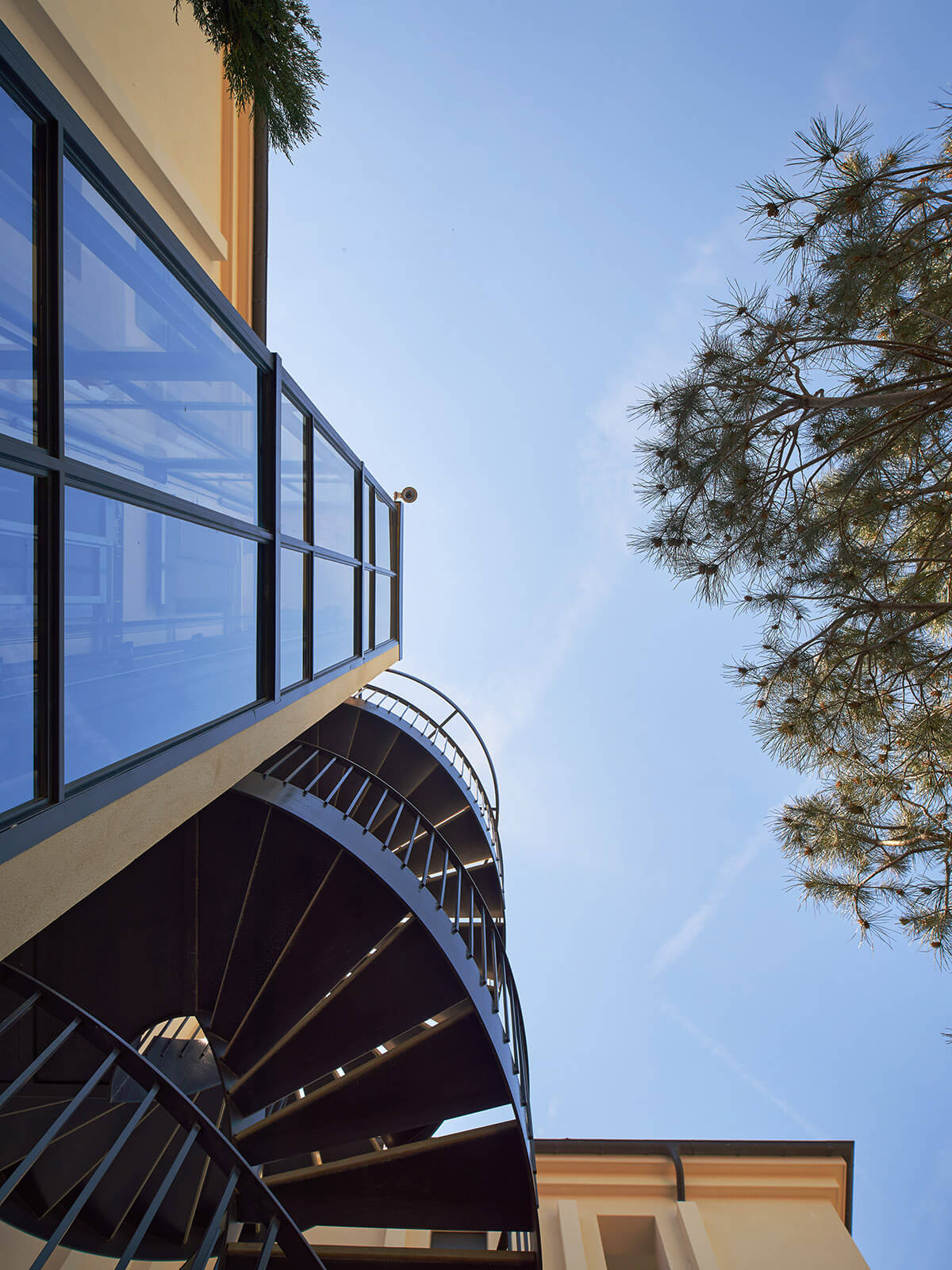
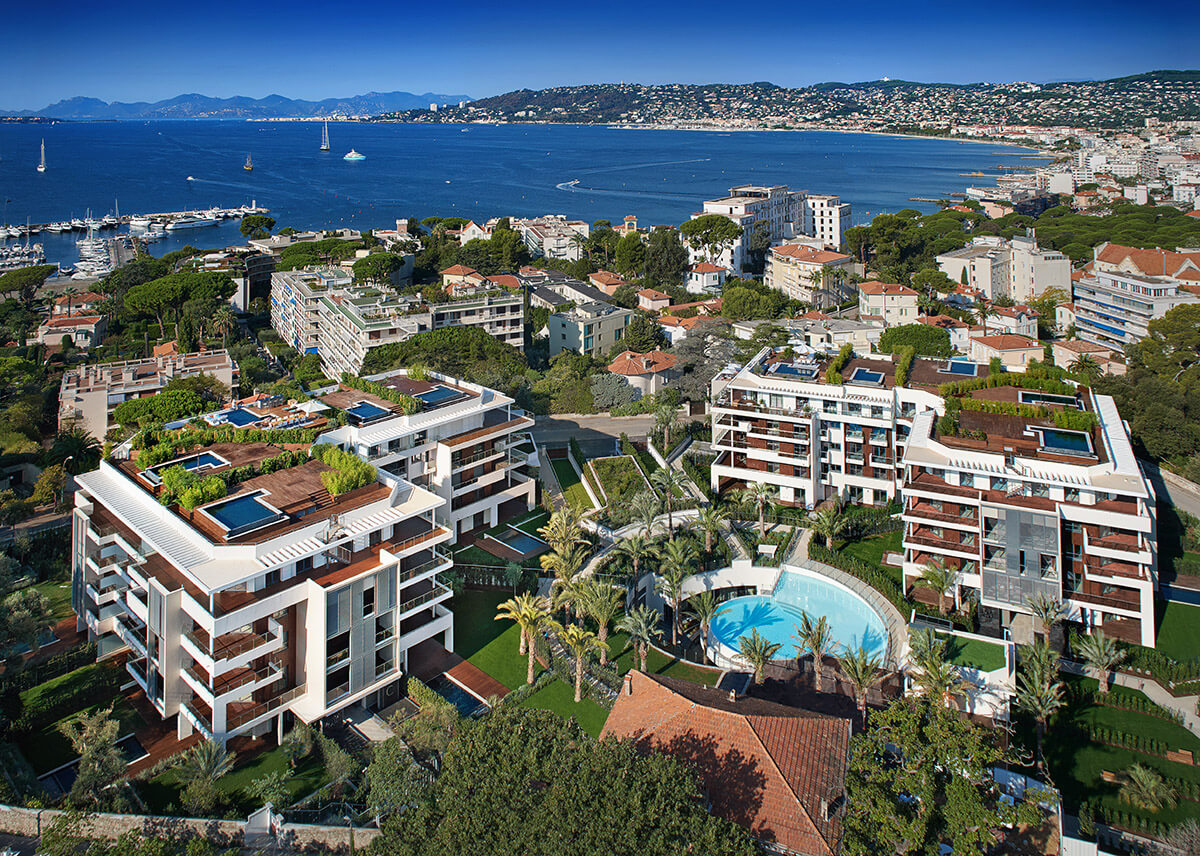
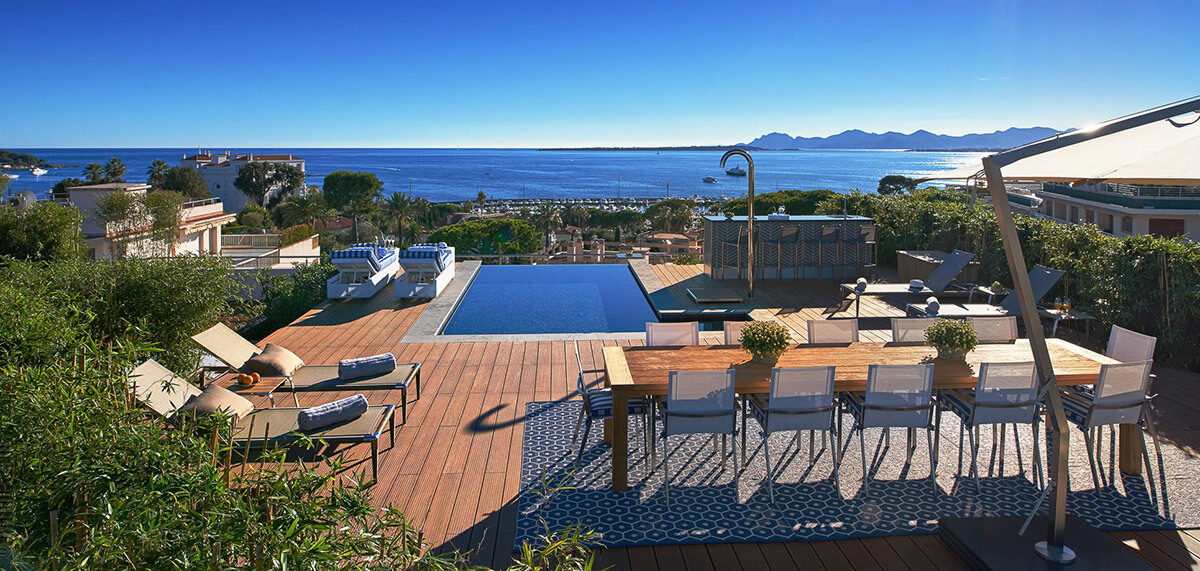
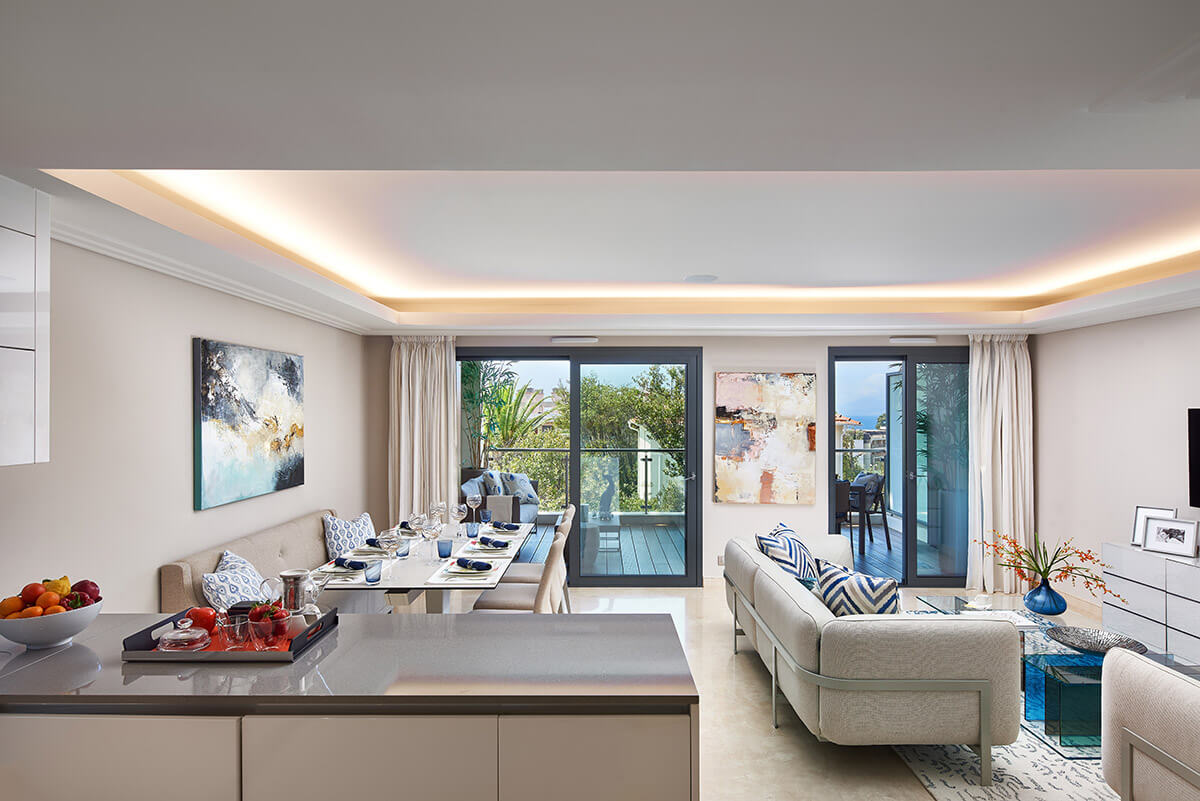









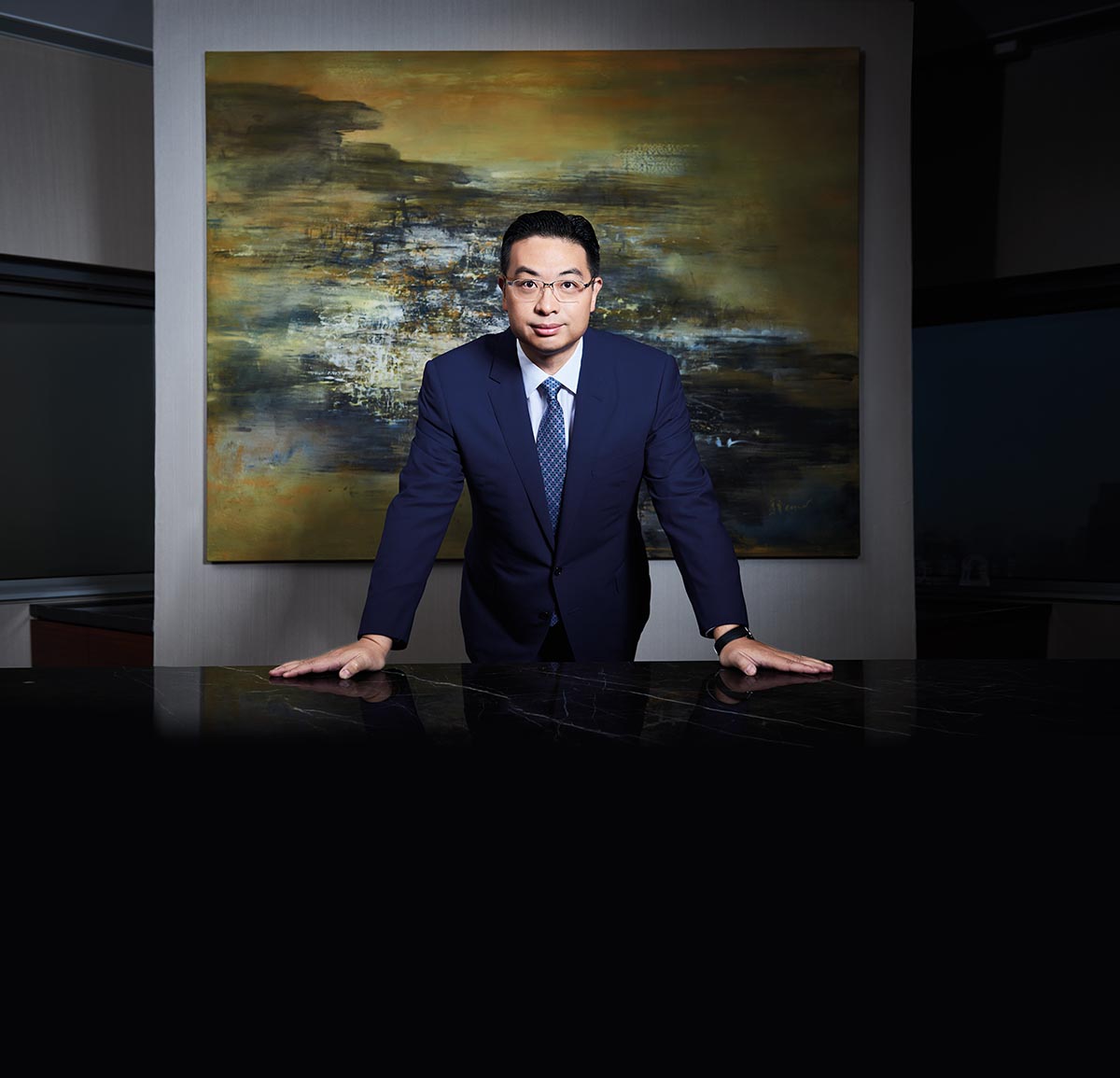

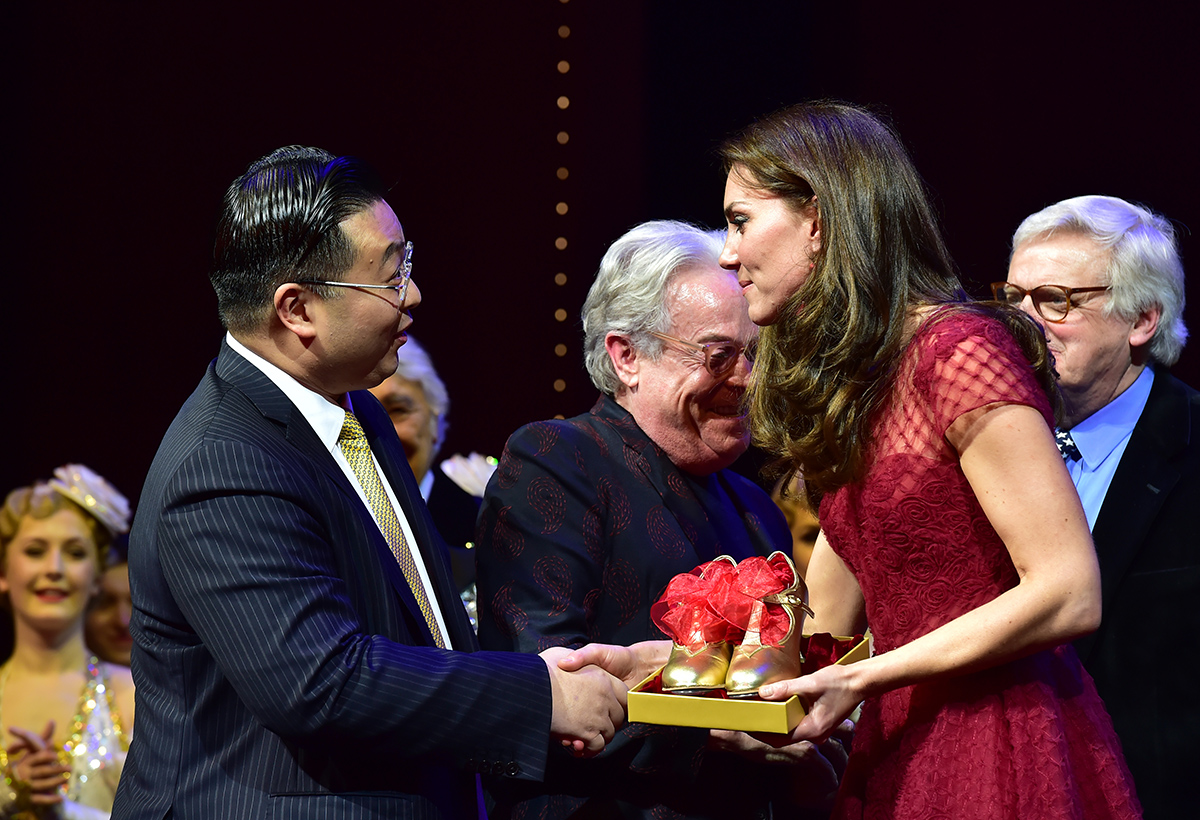
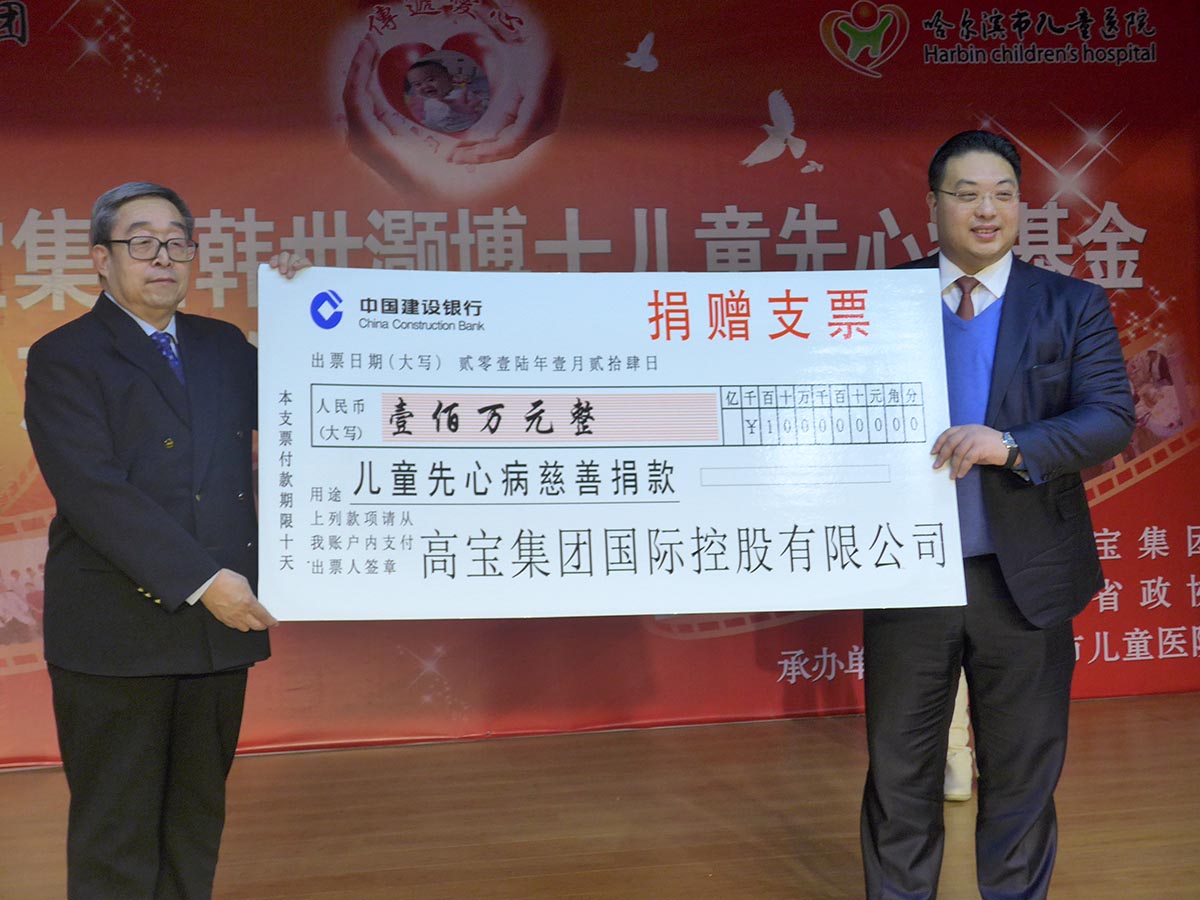
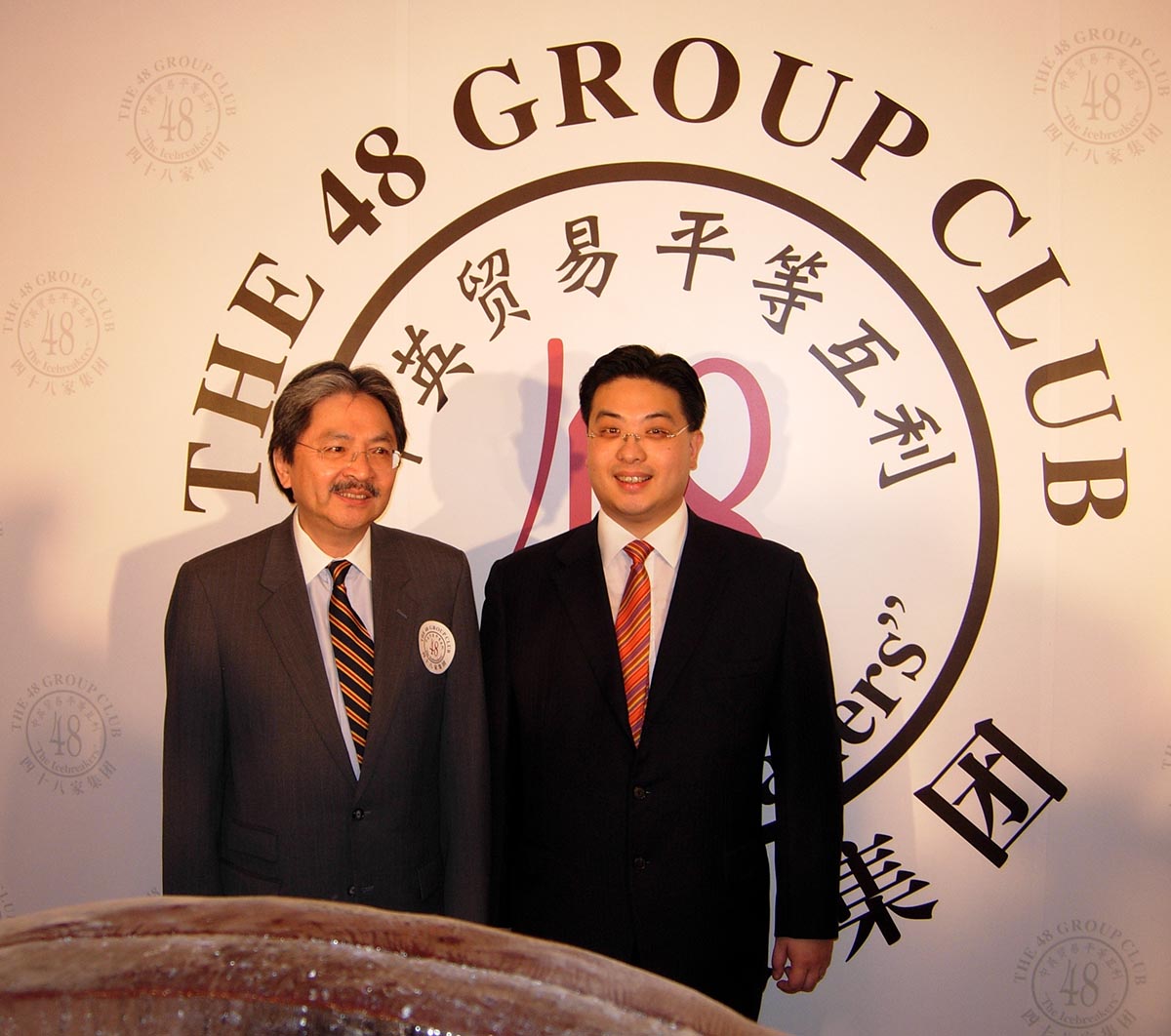
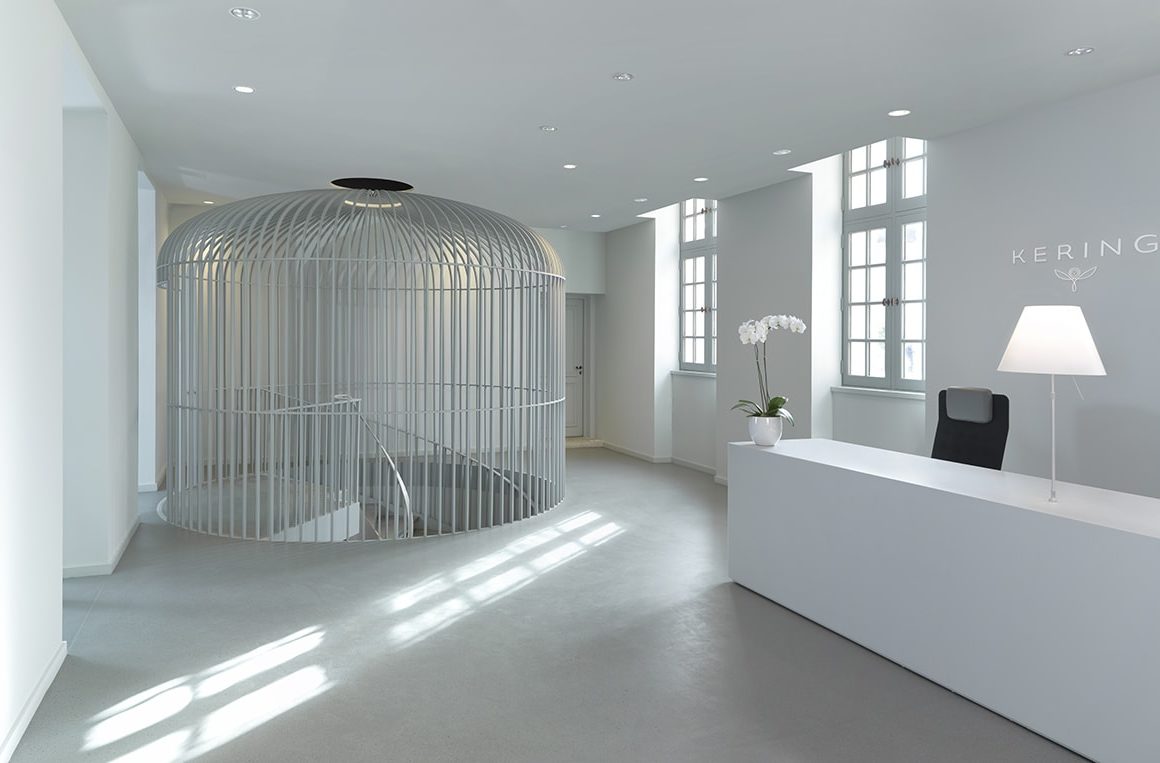
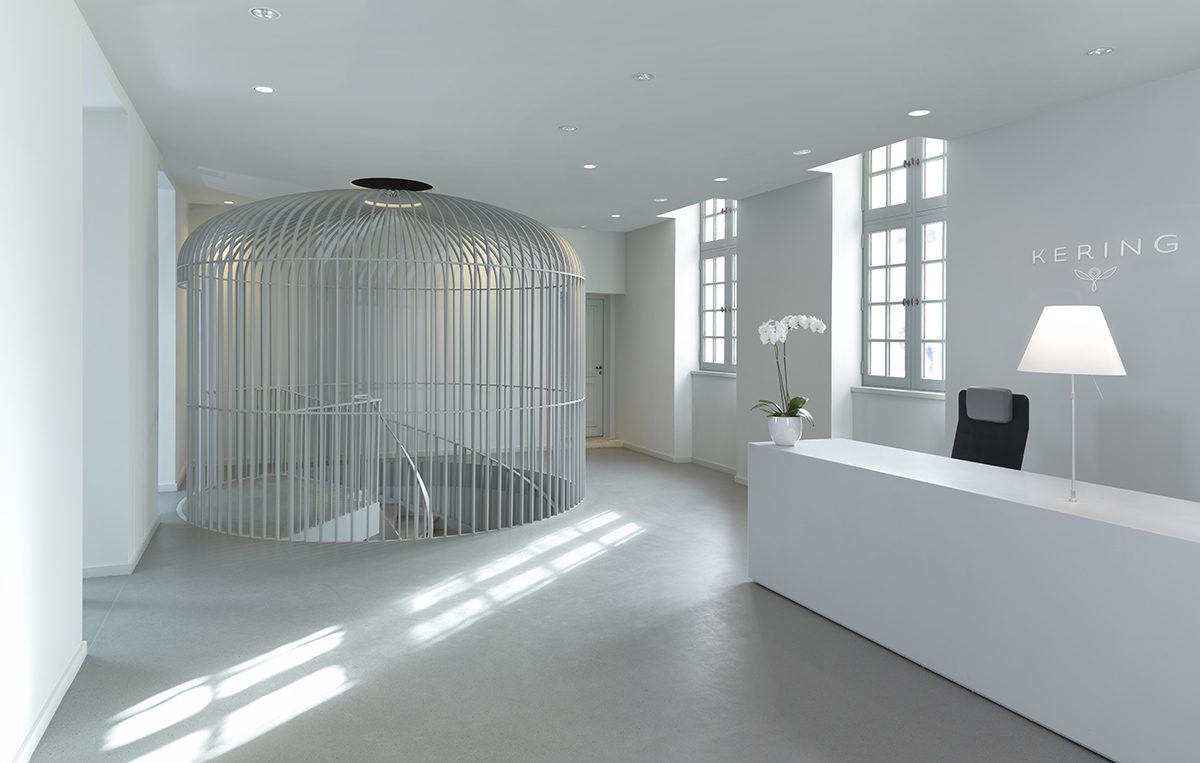



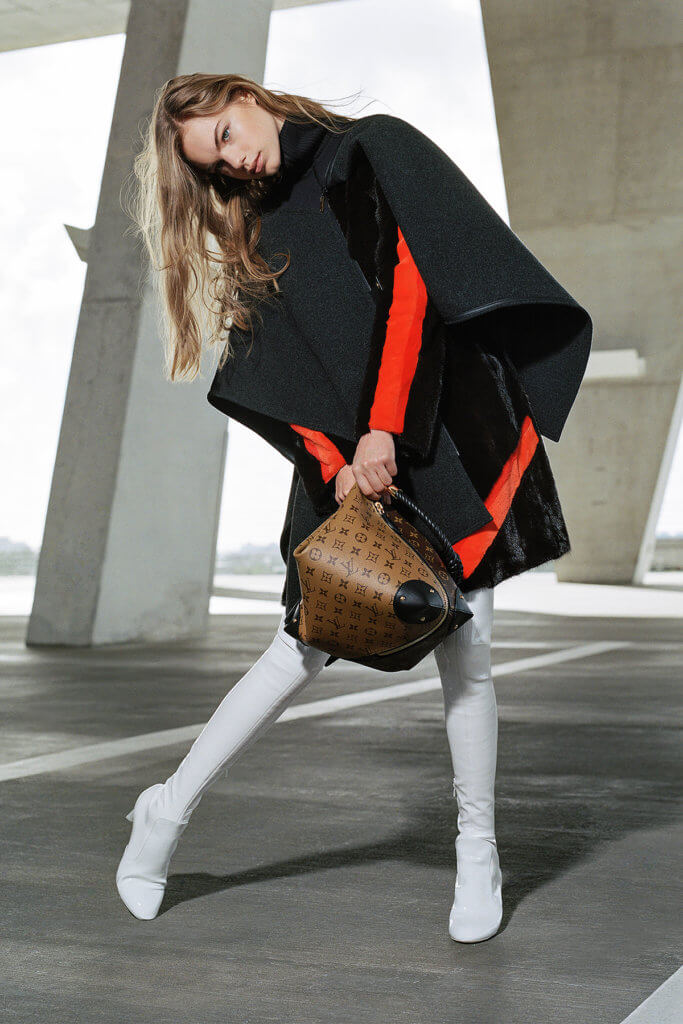

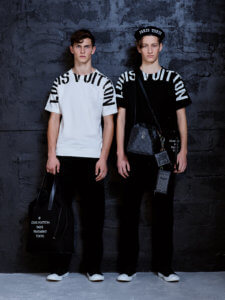




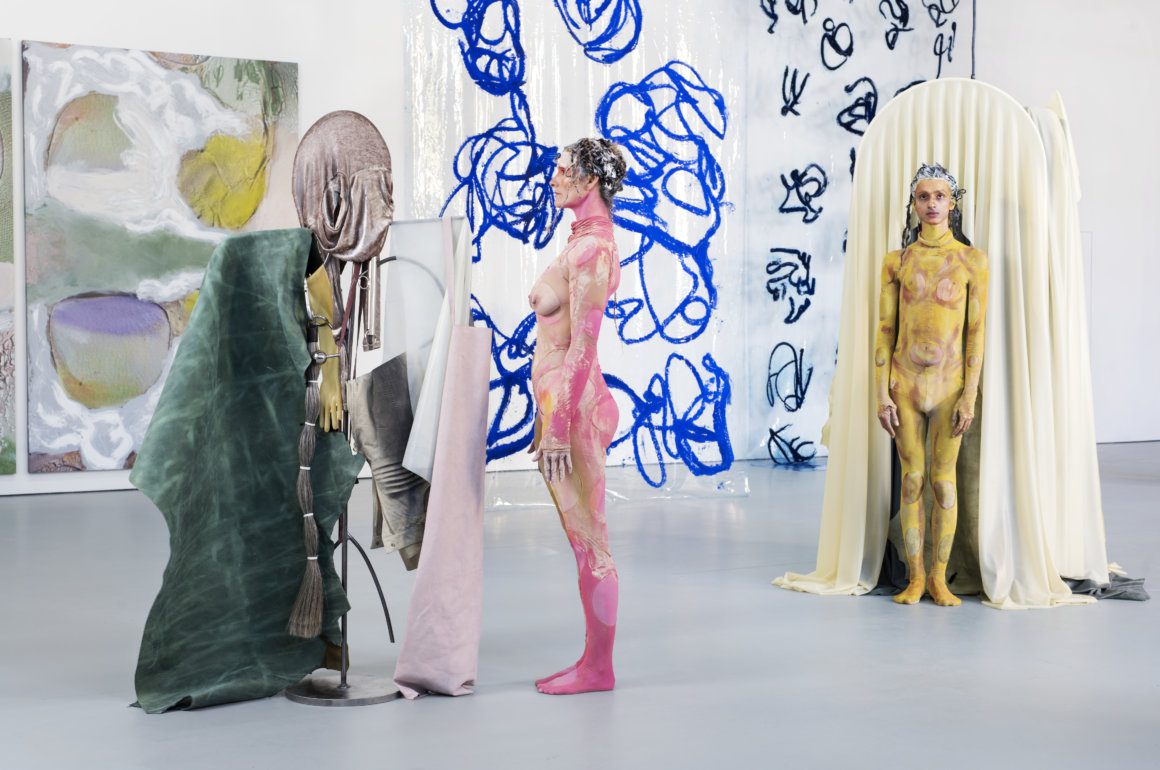
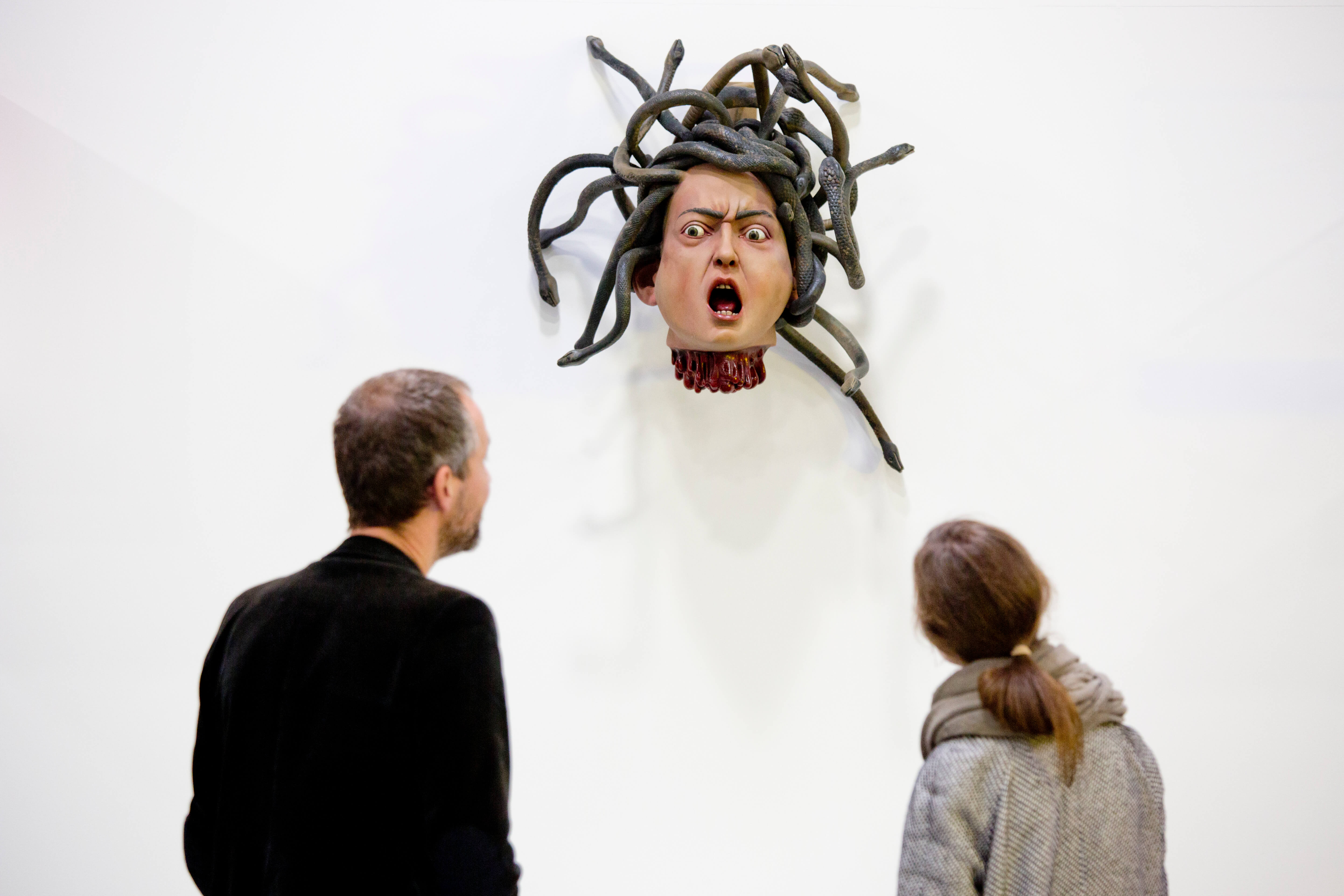
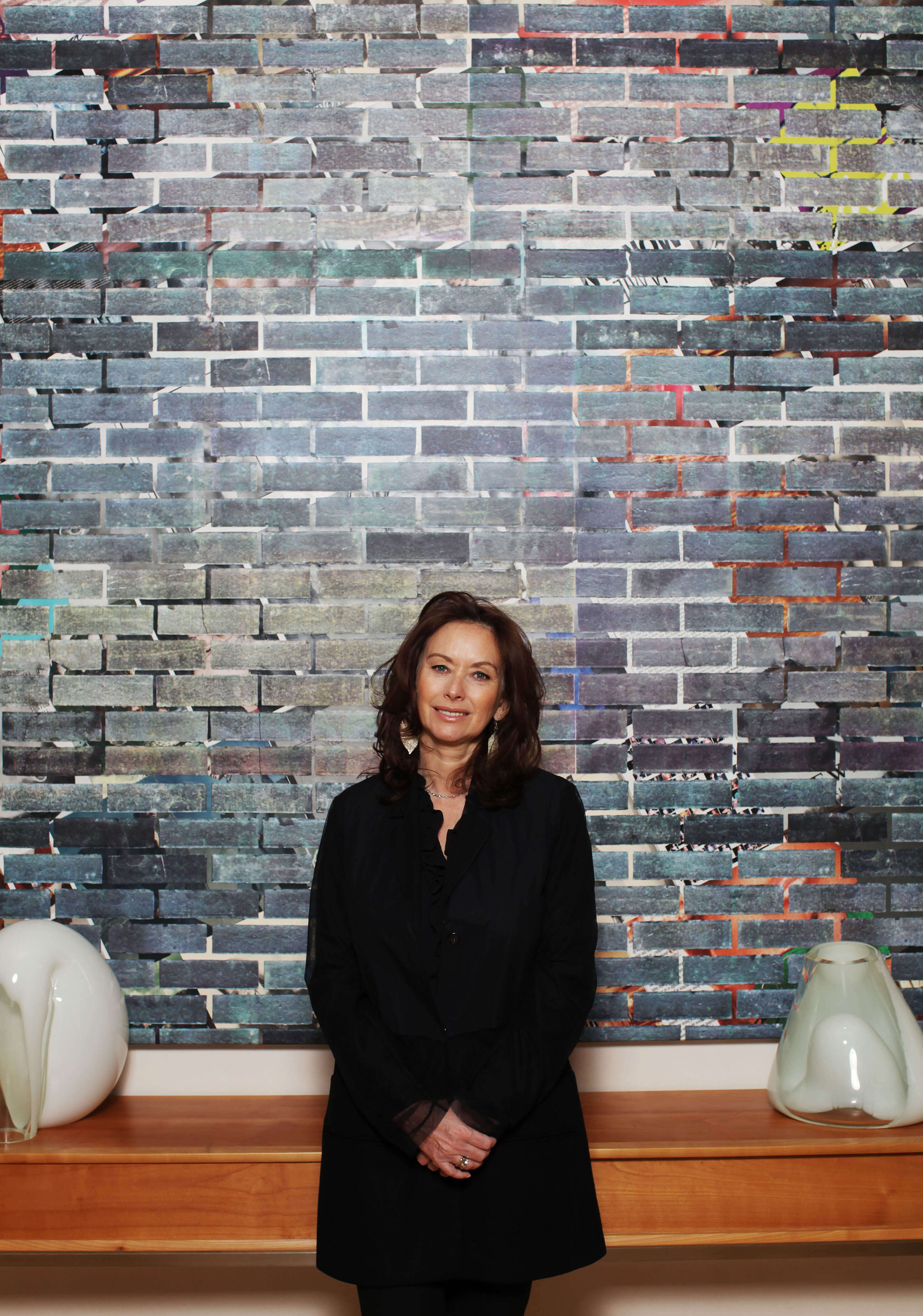


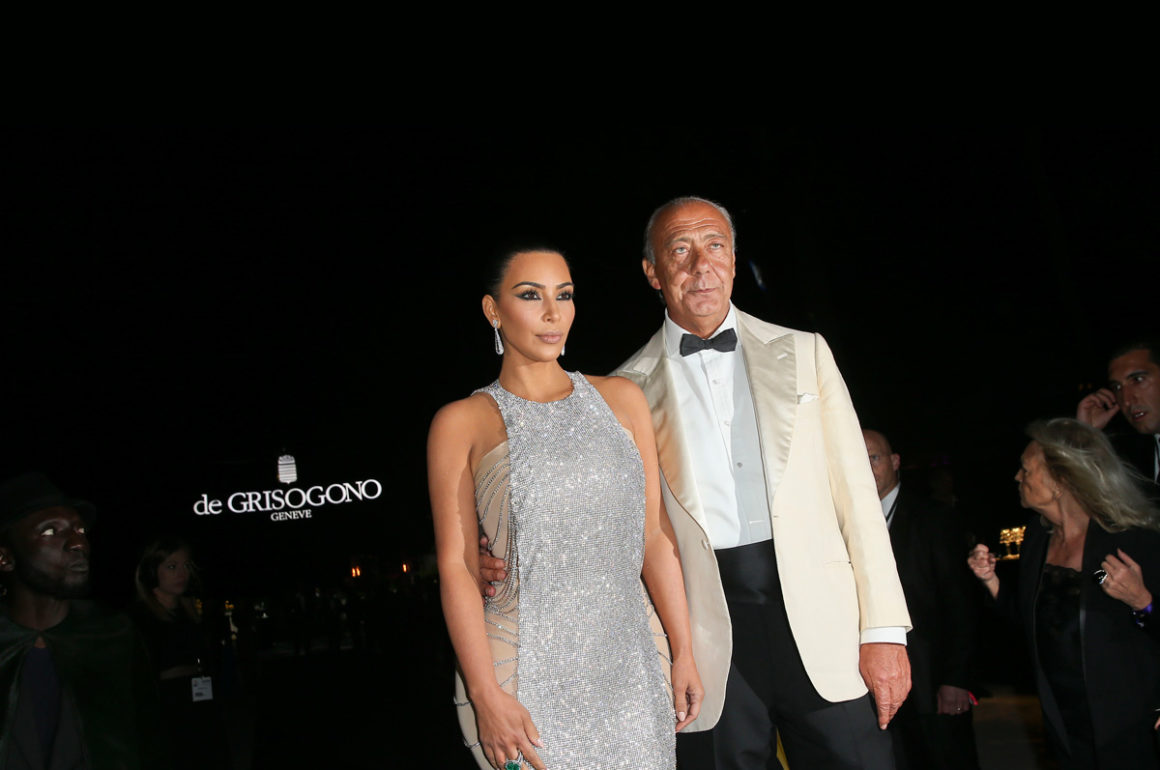

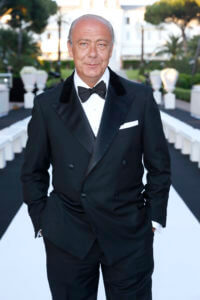



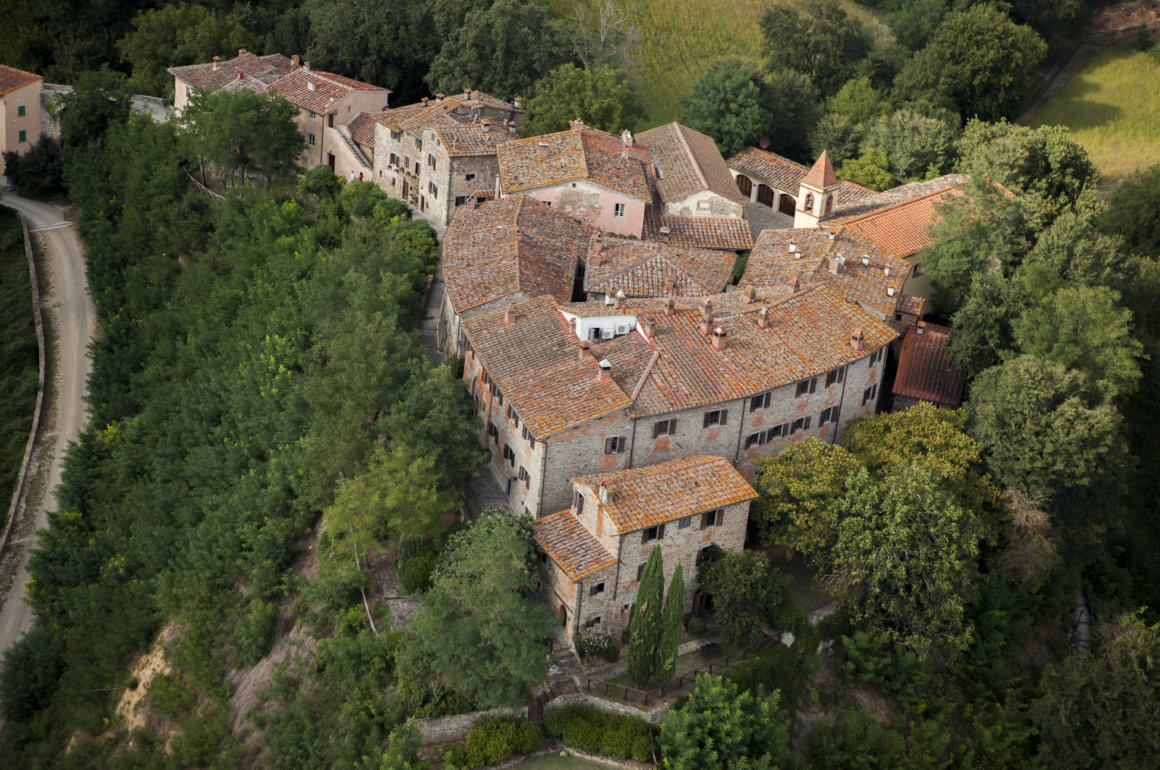




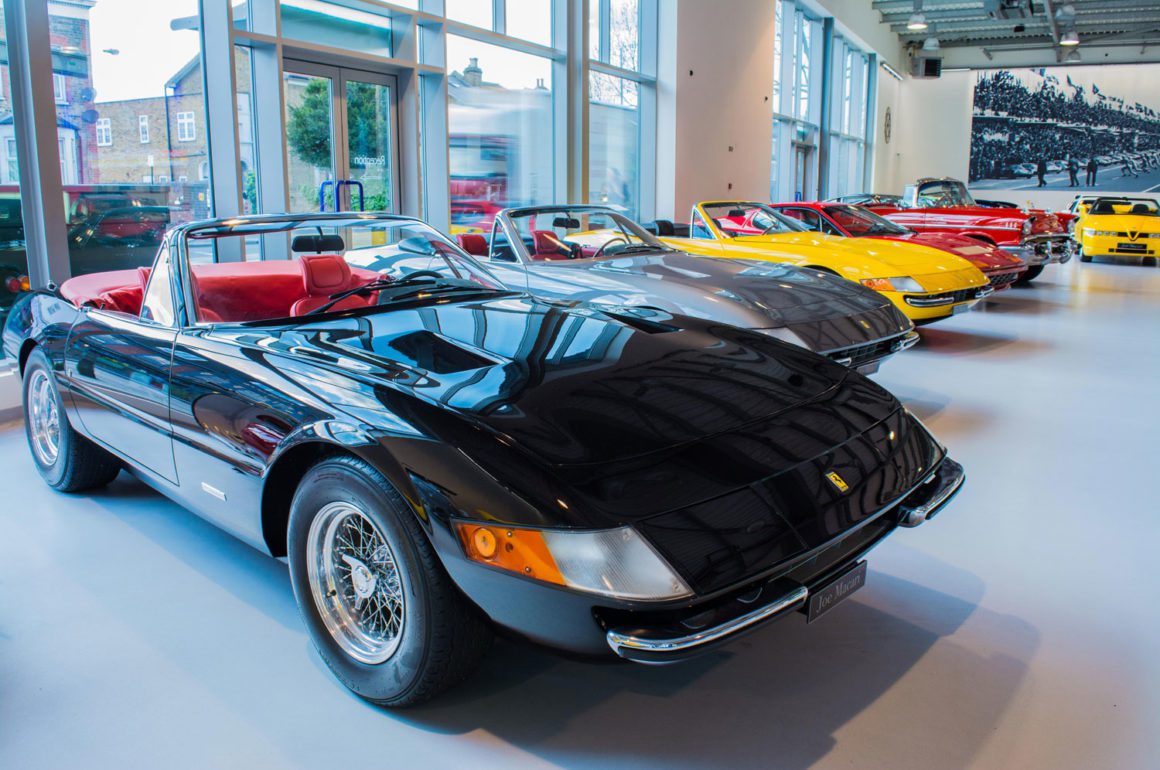




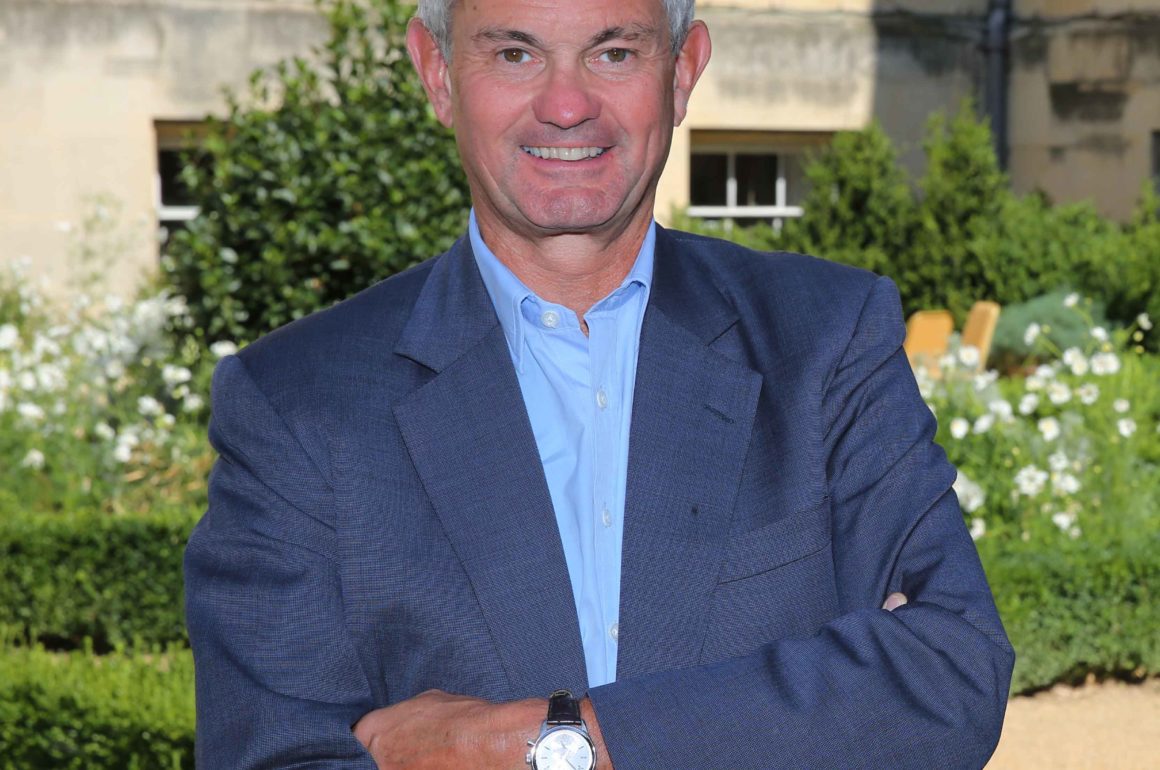









Recent Comments